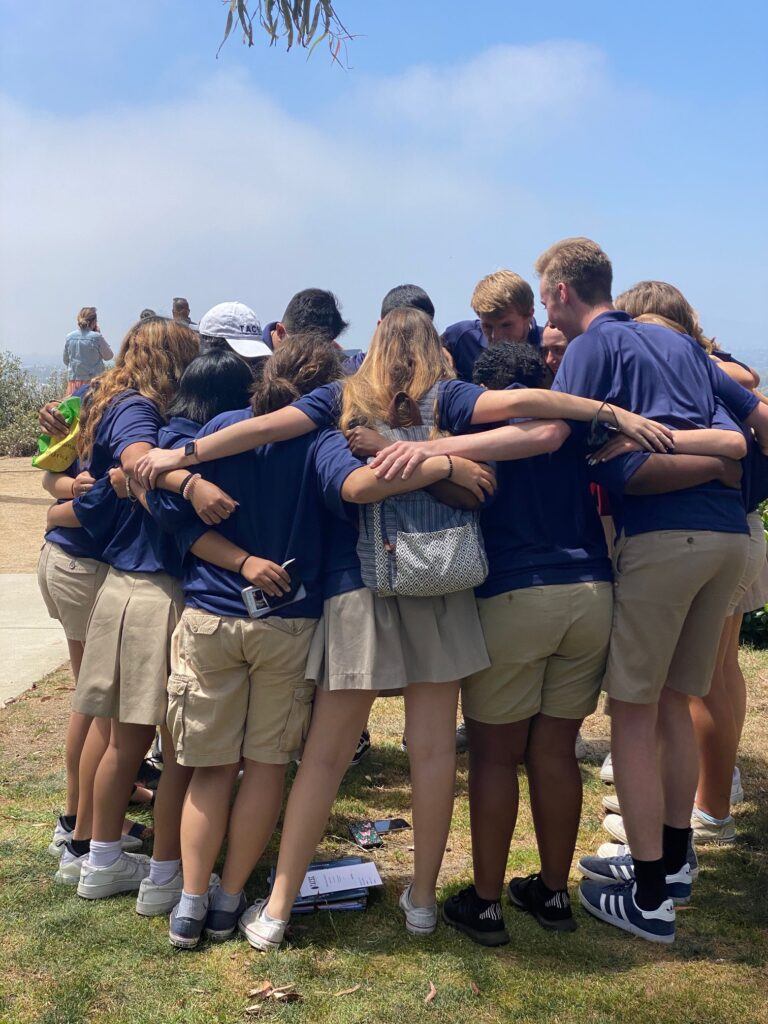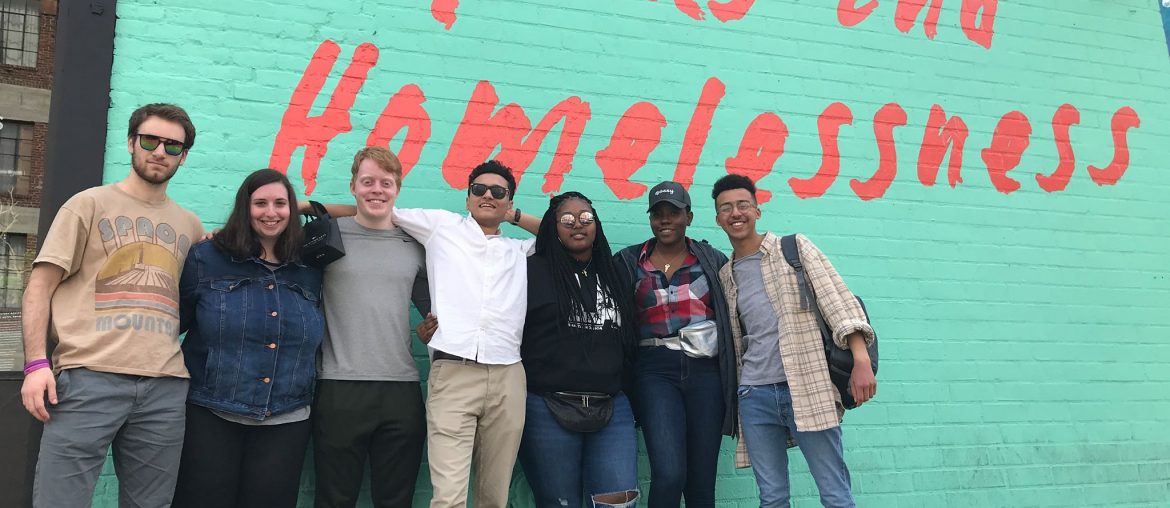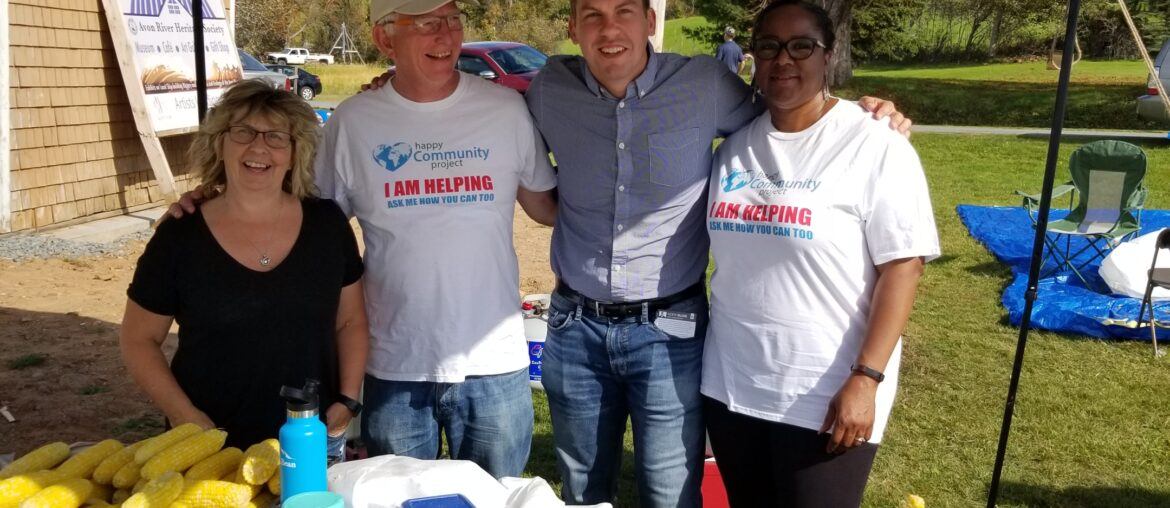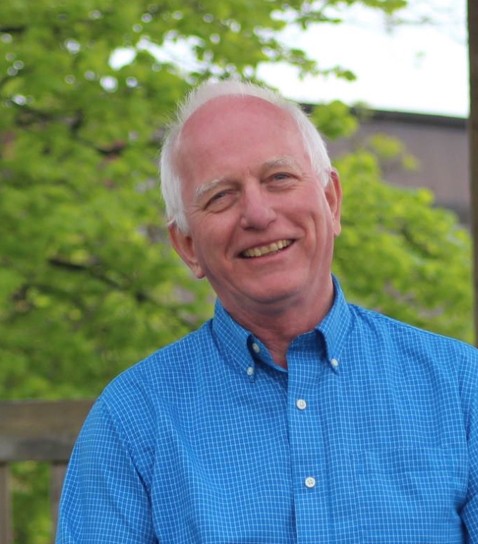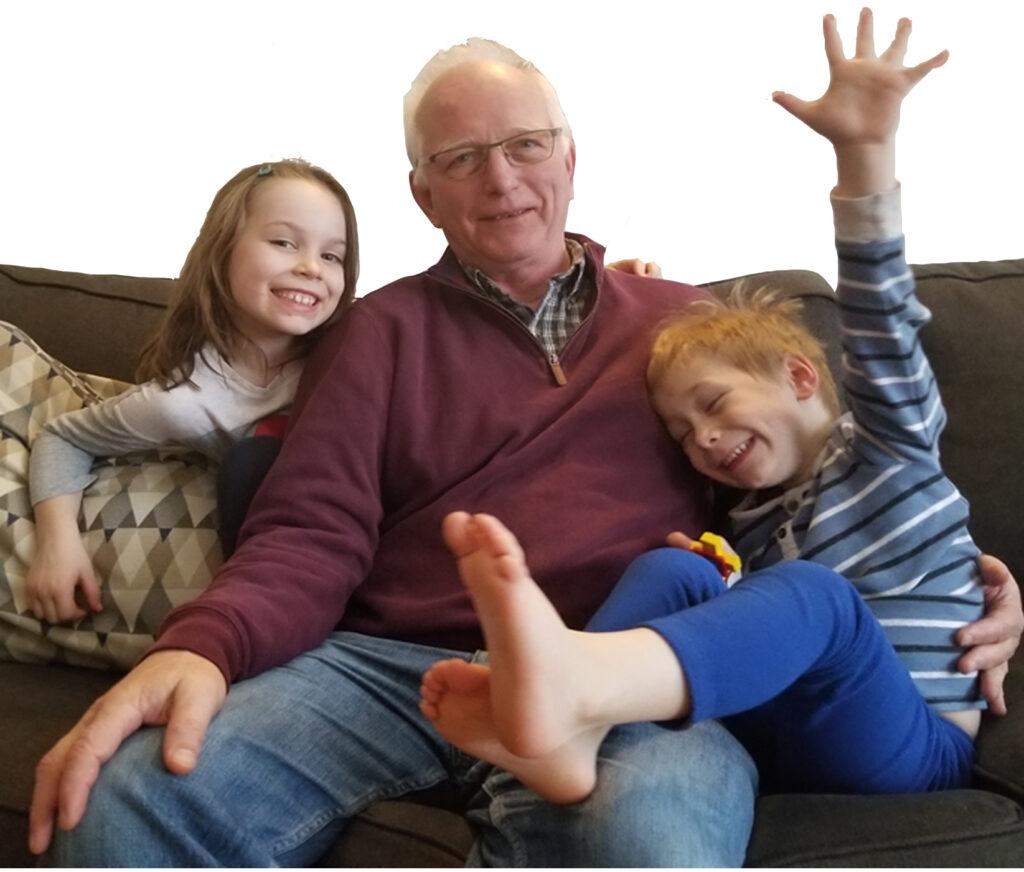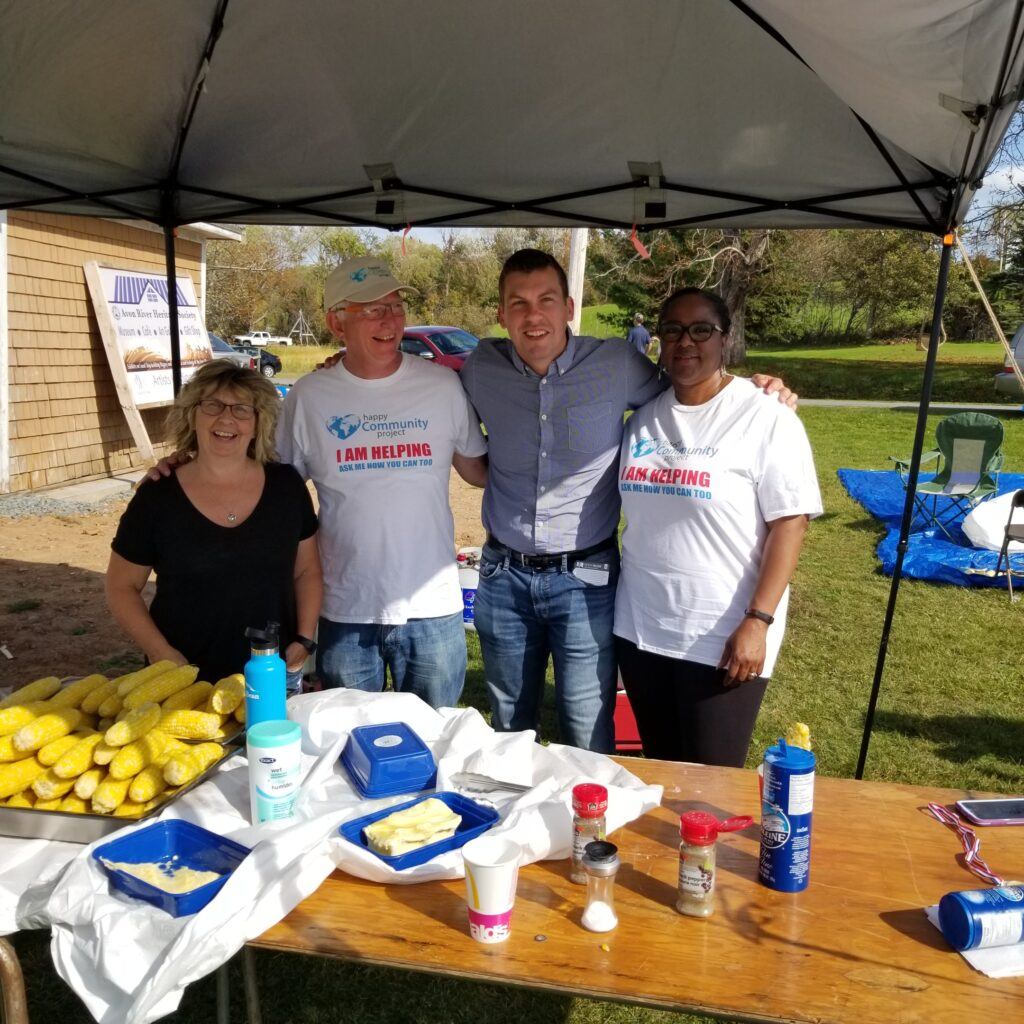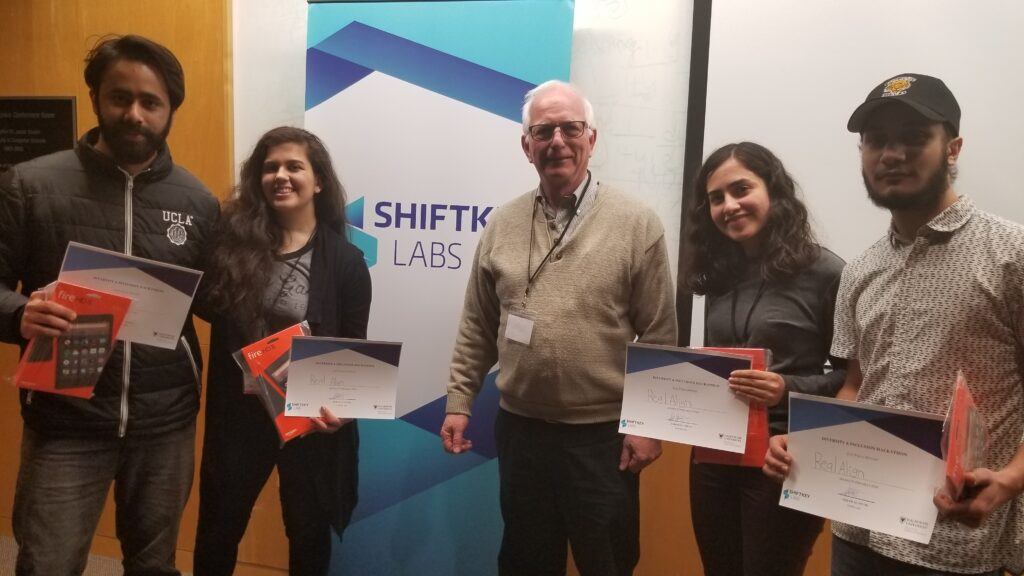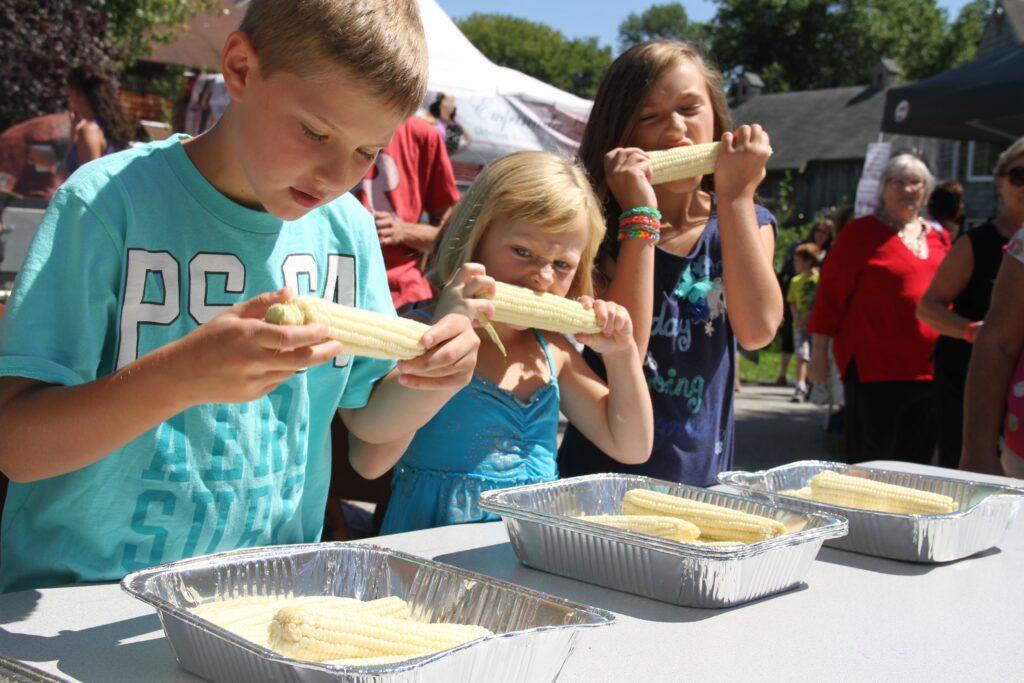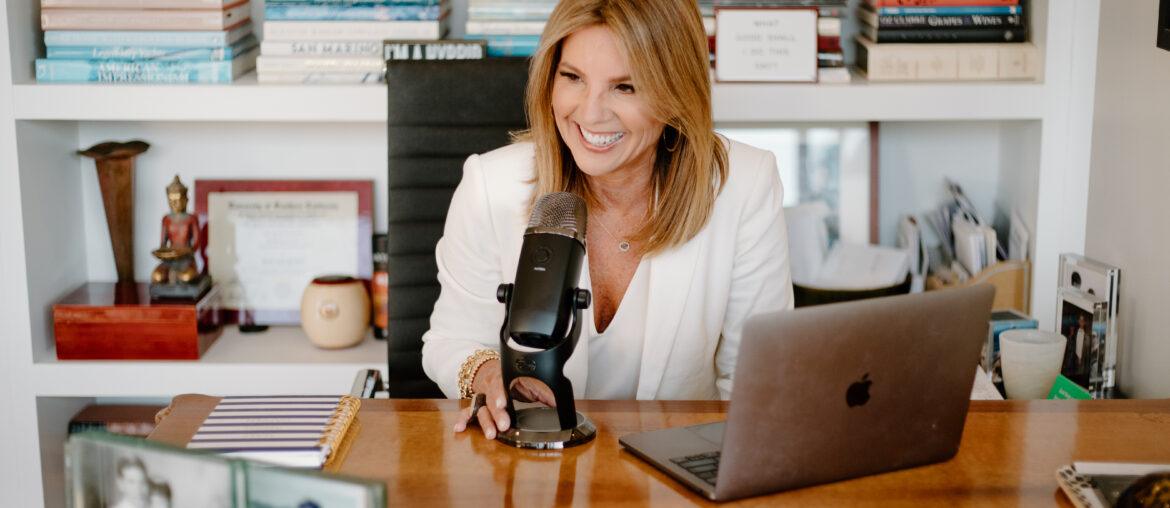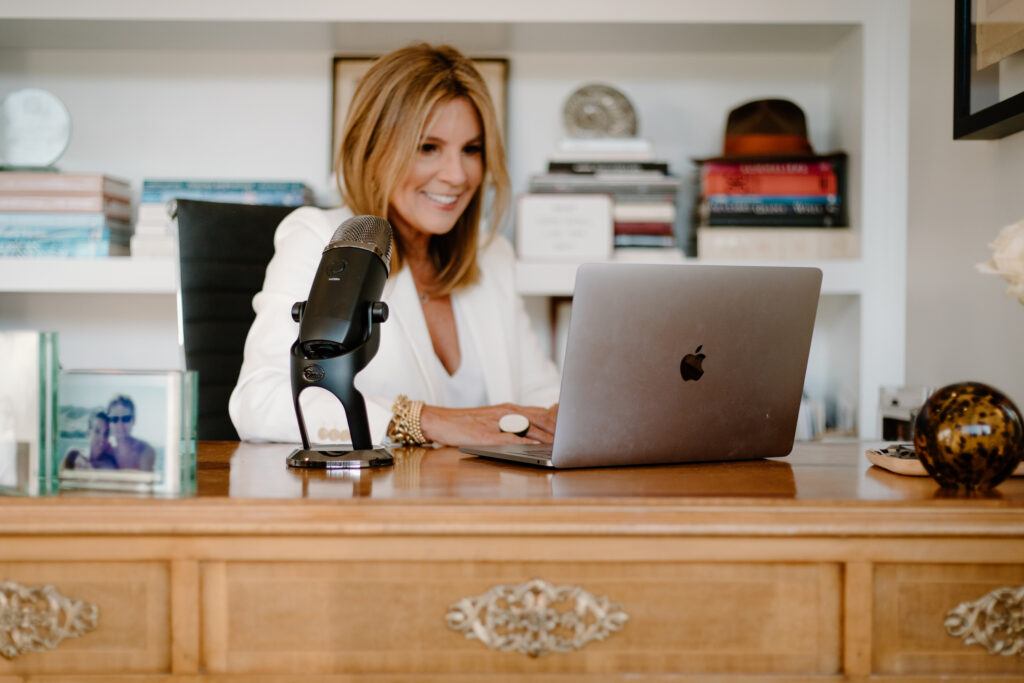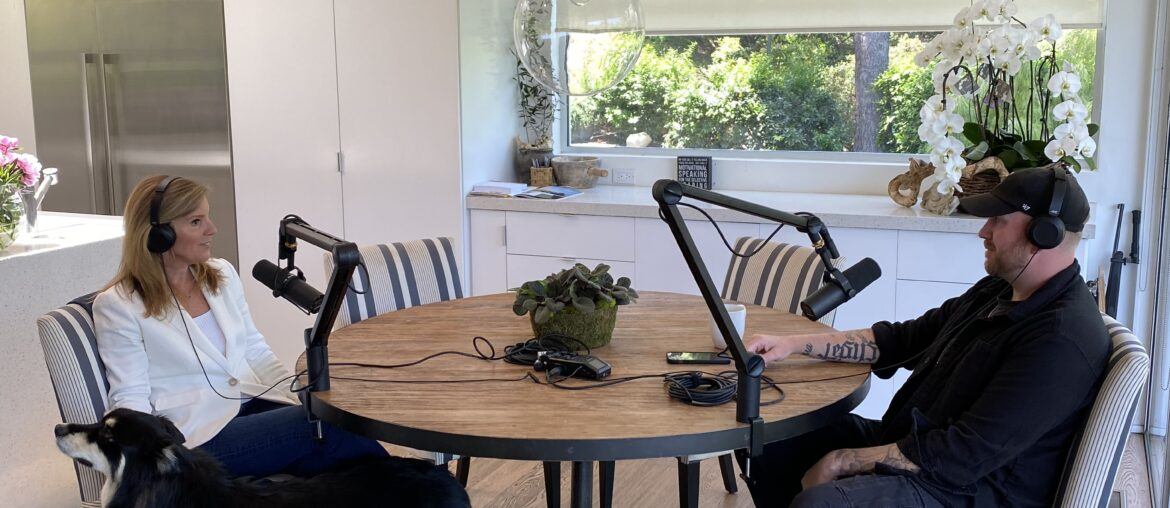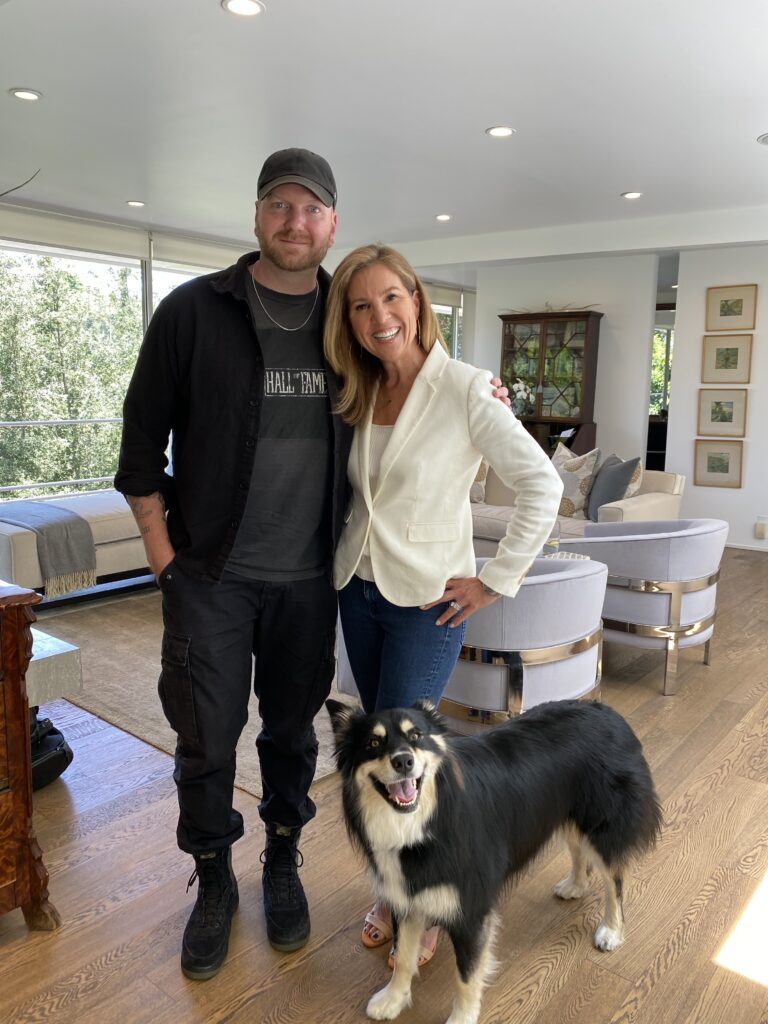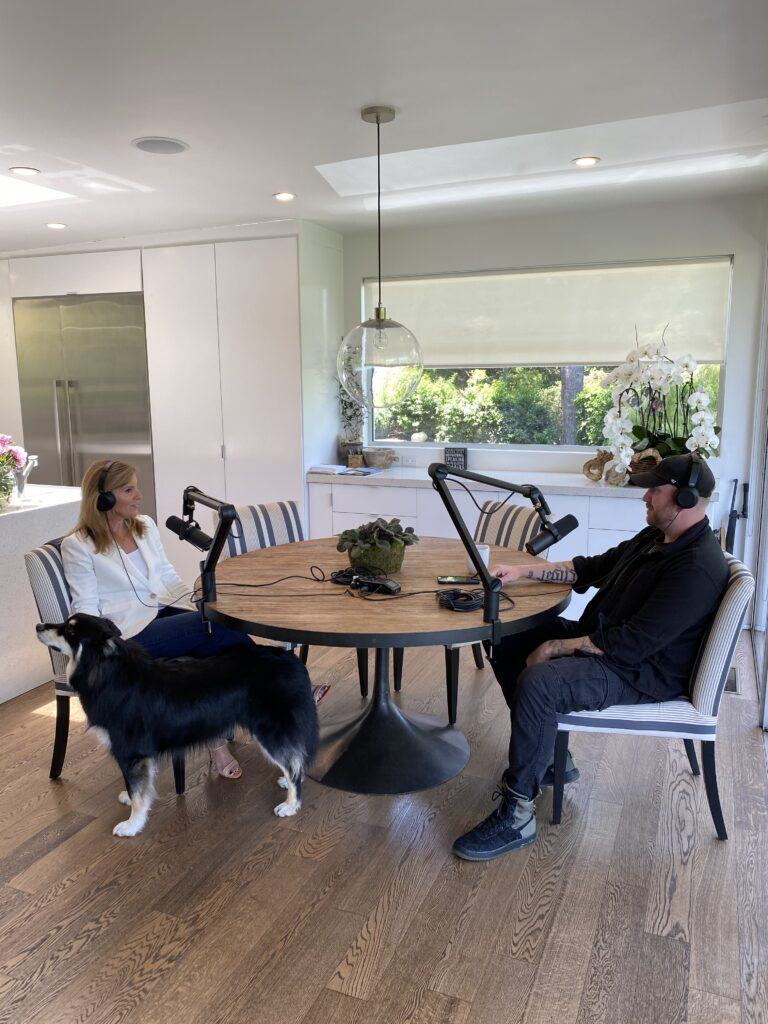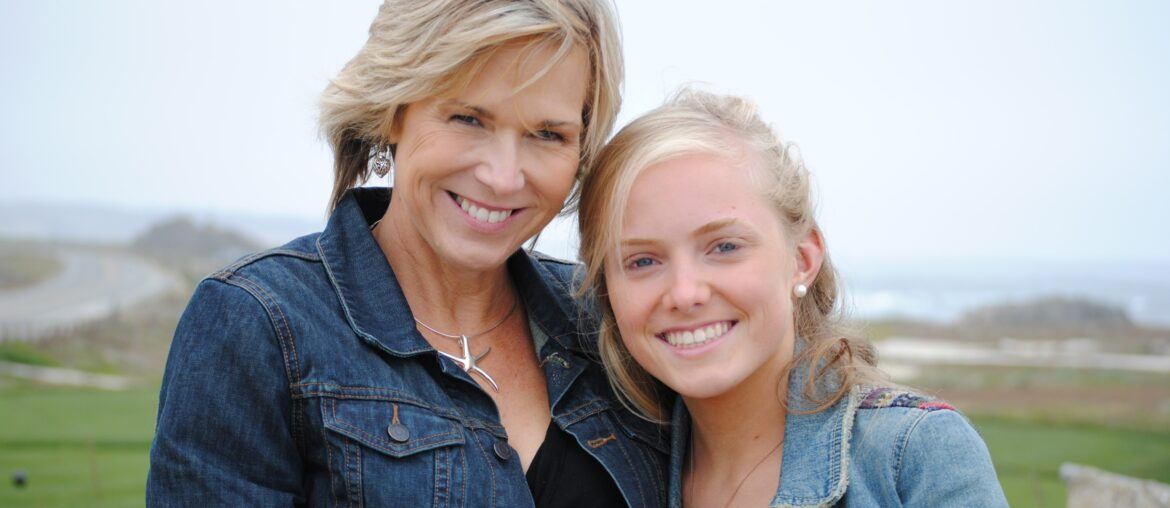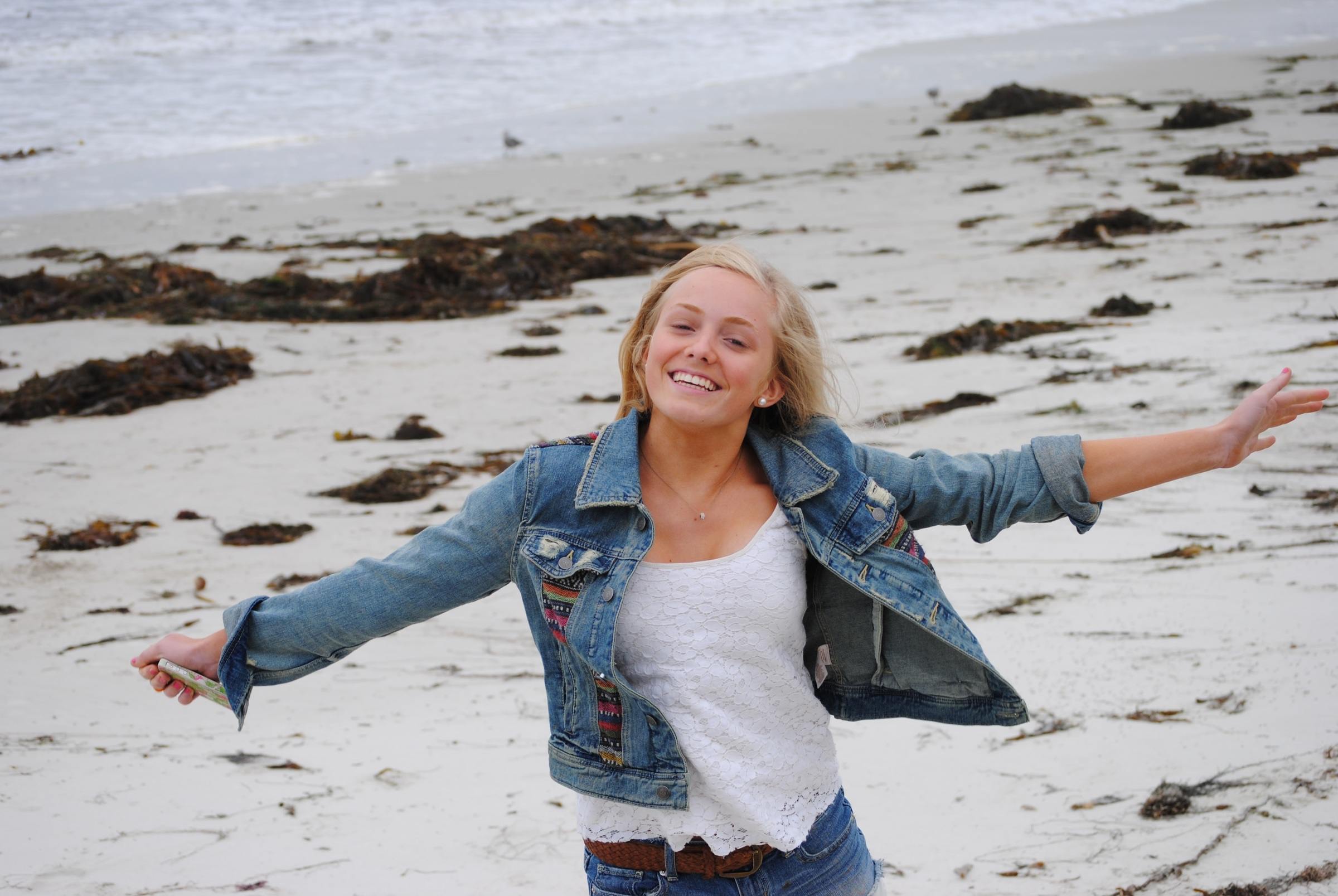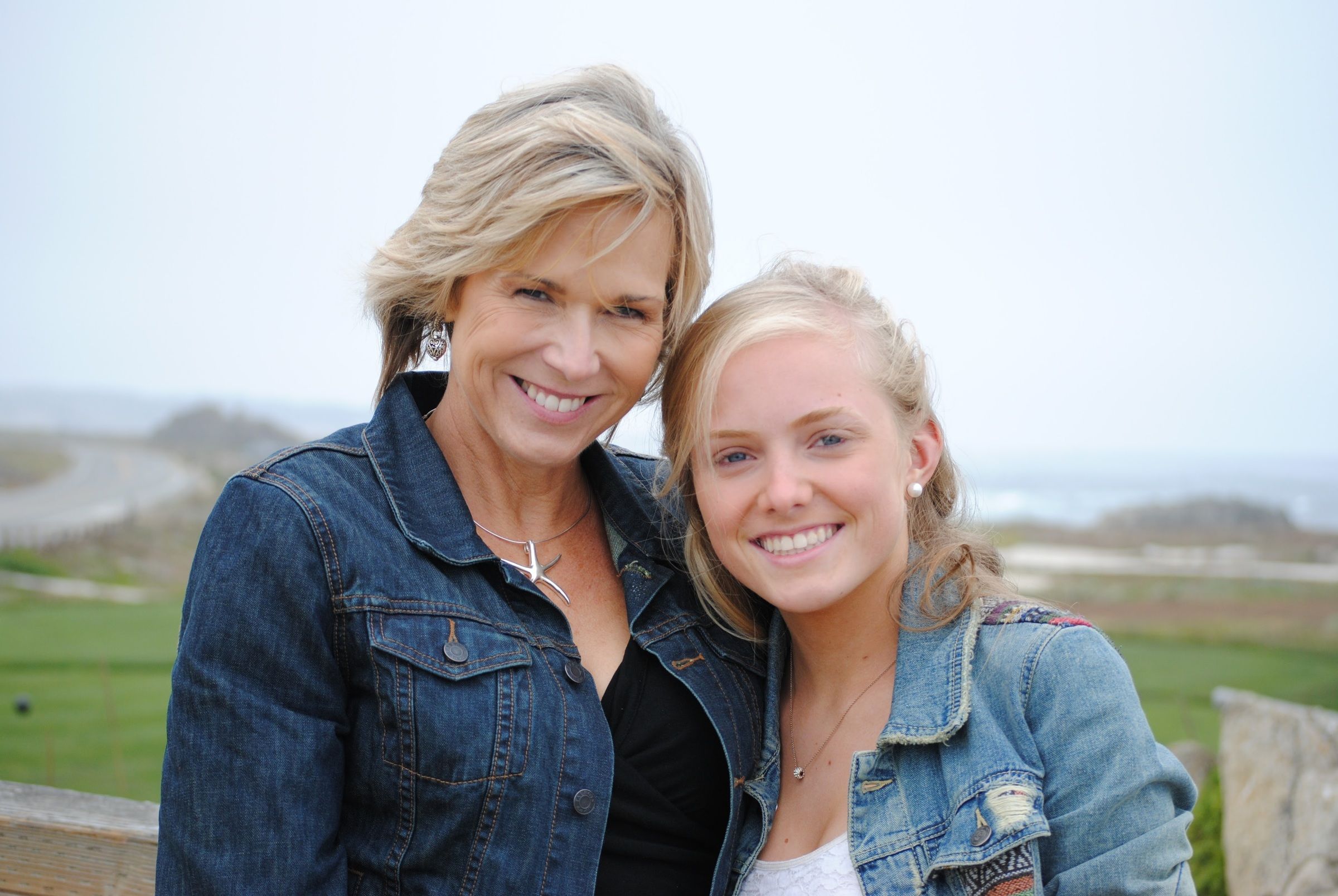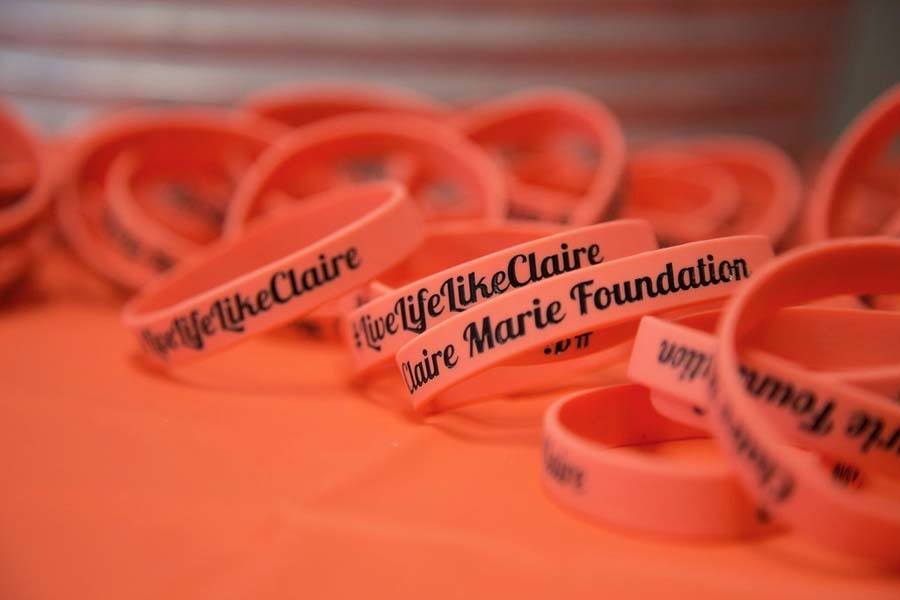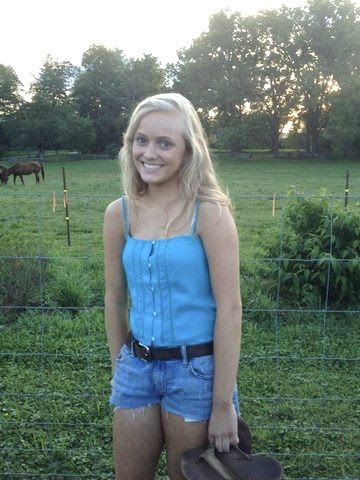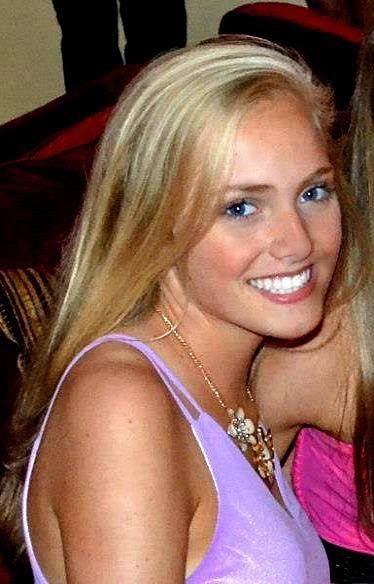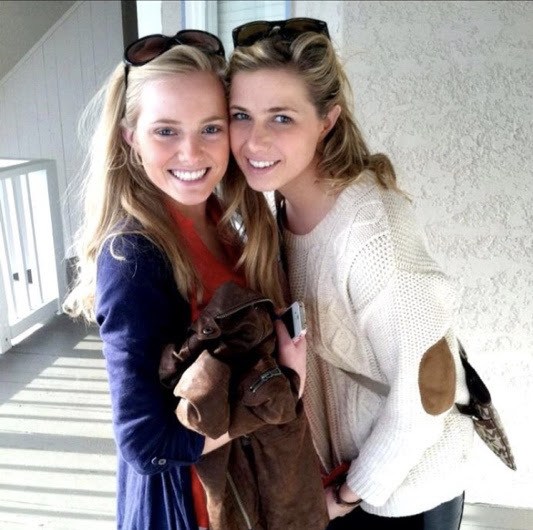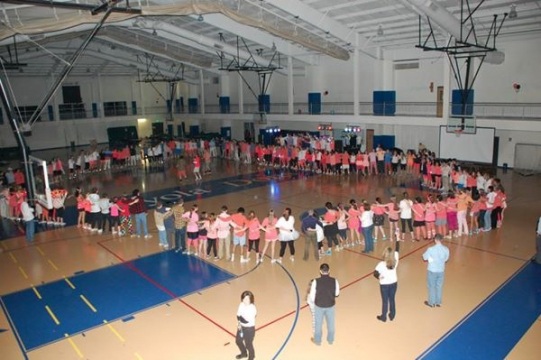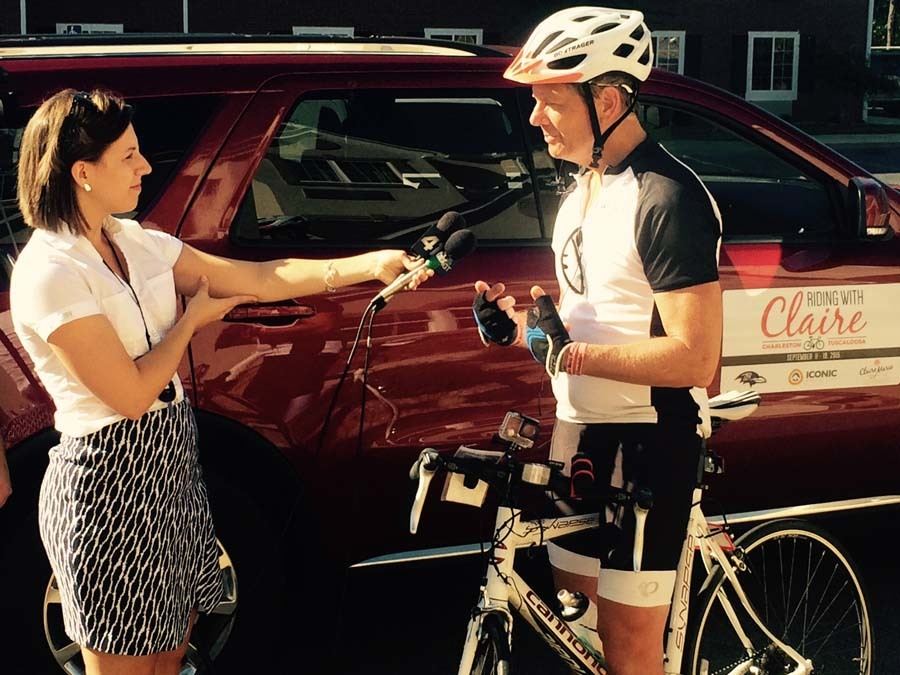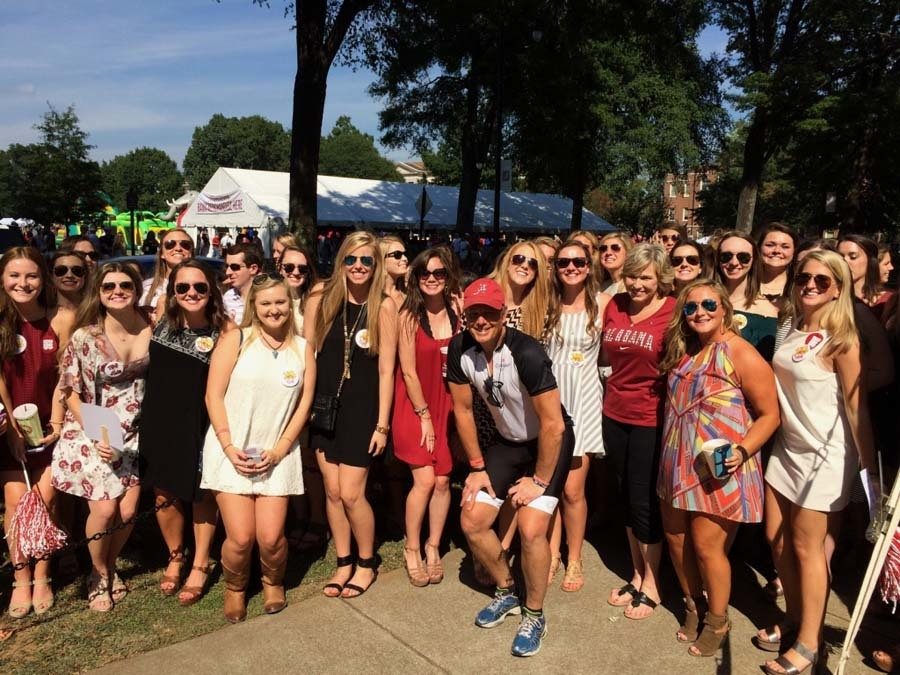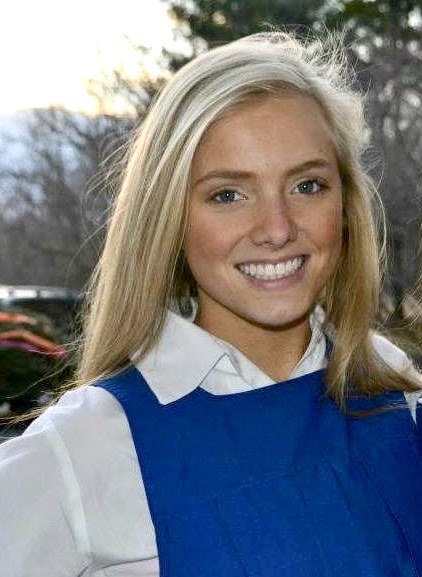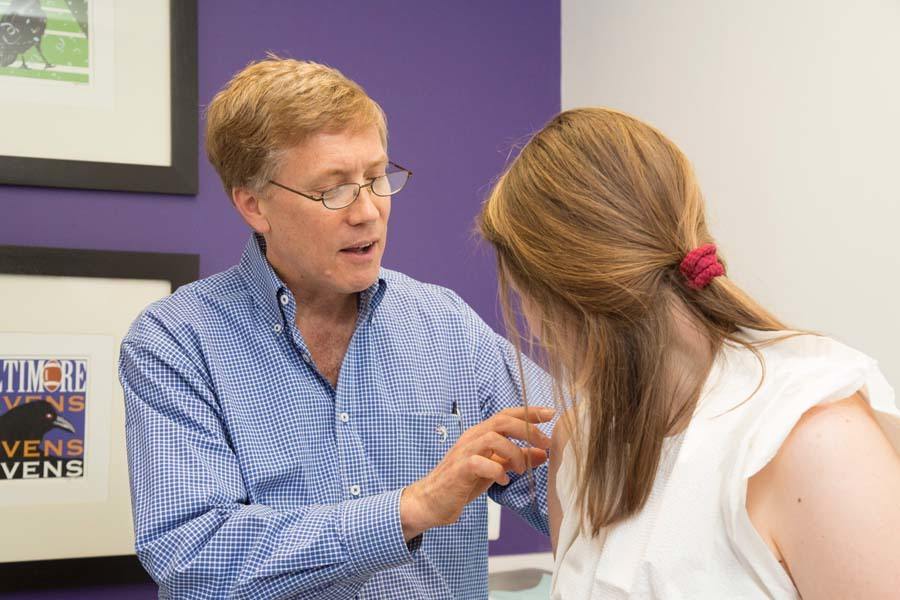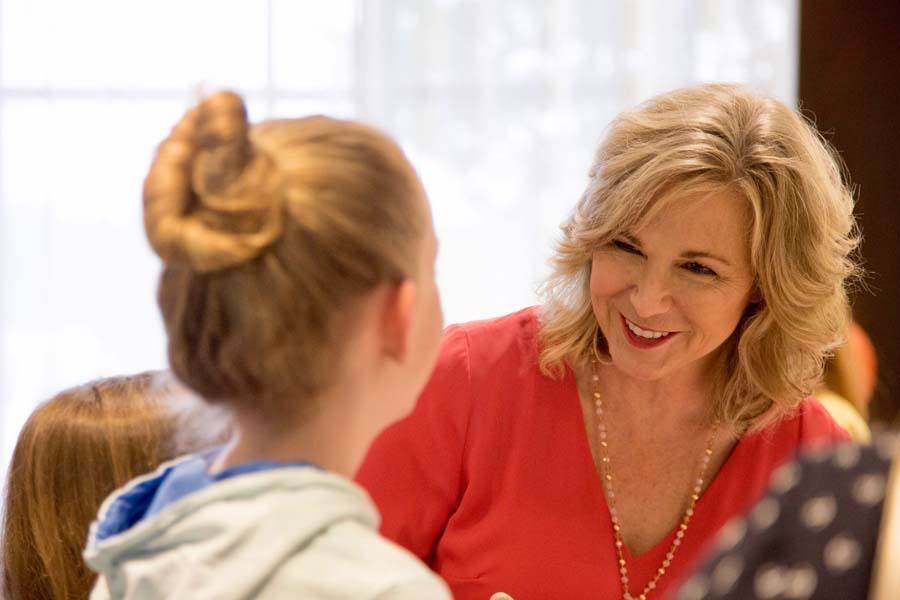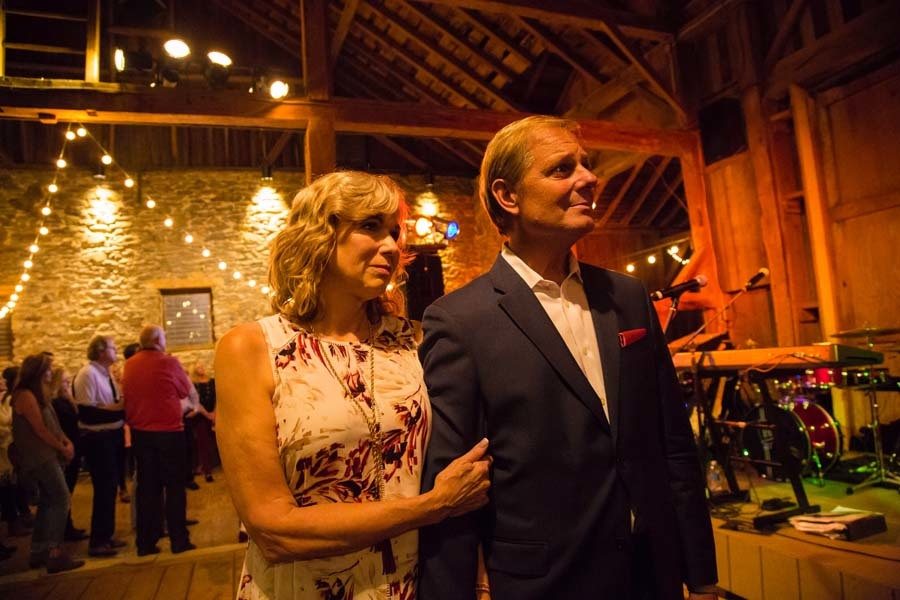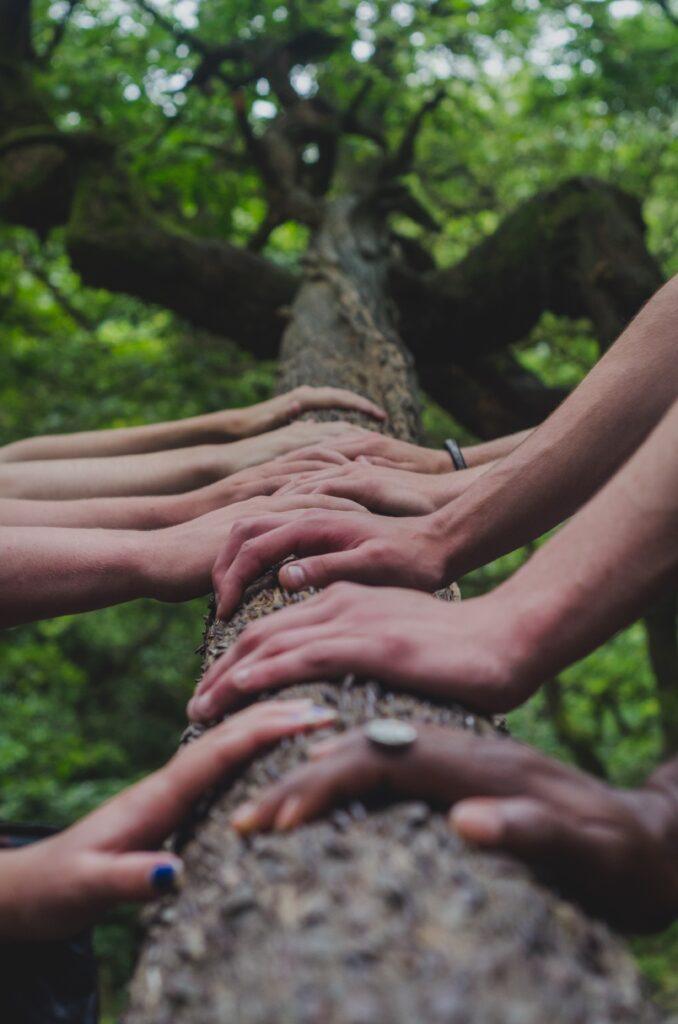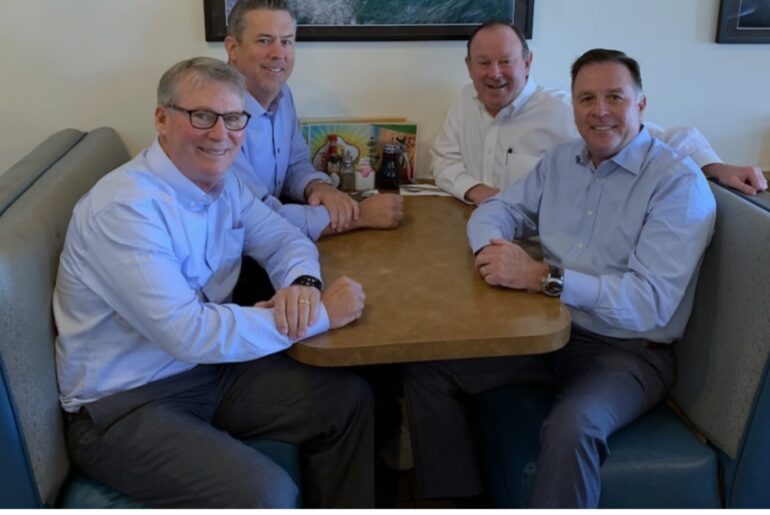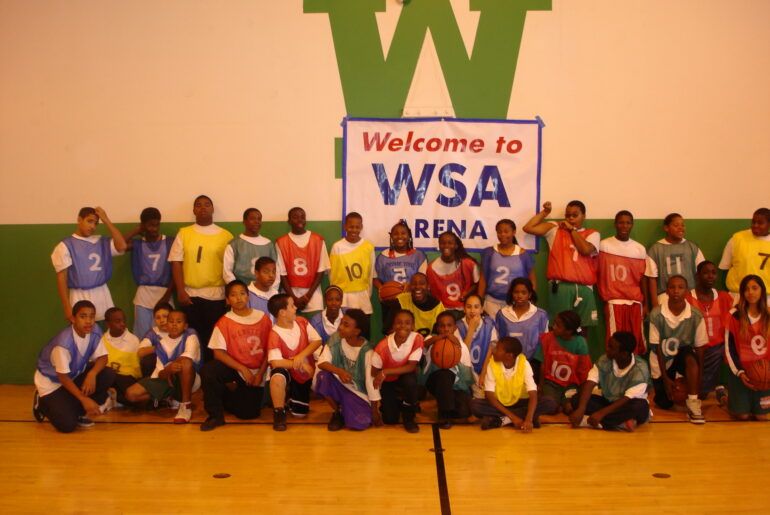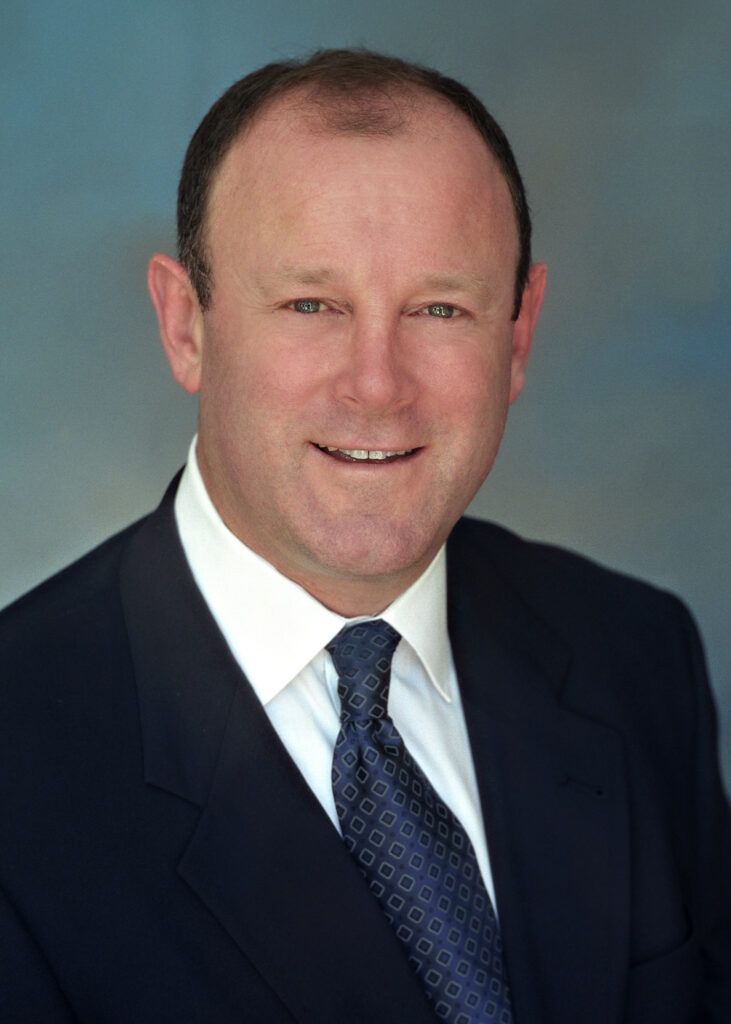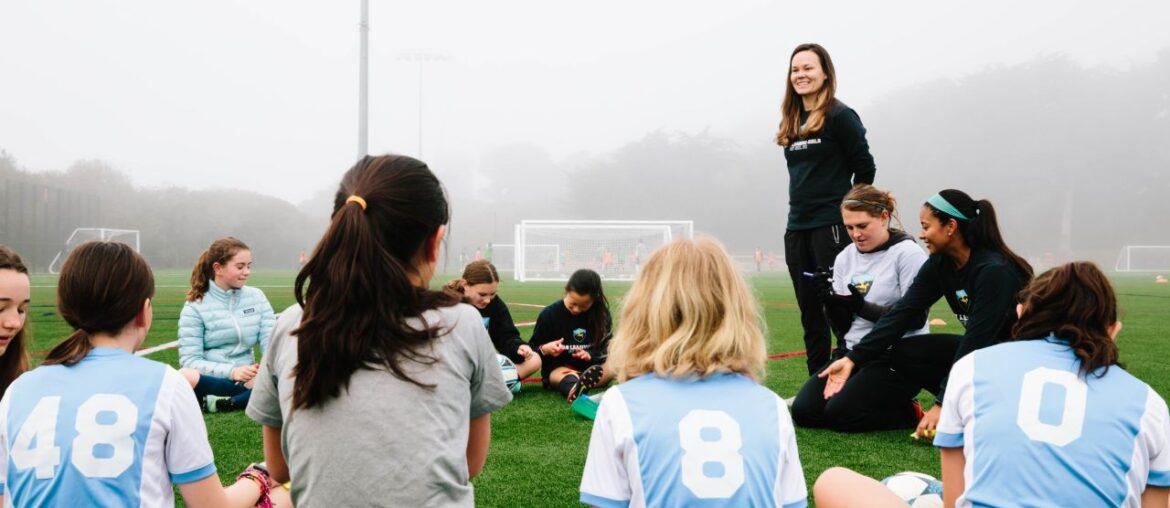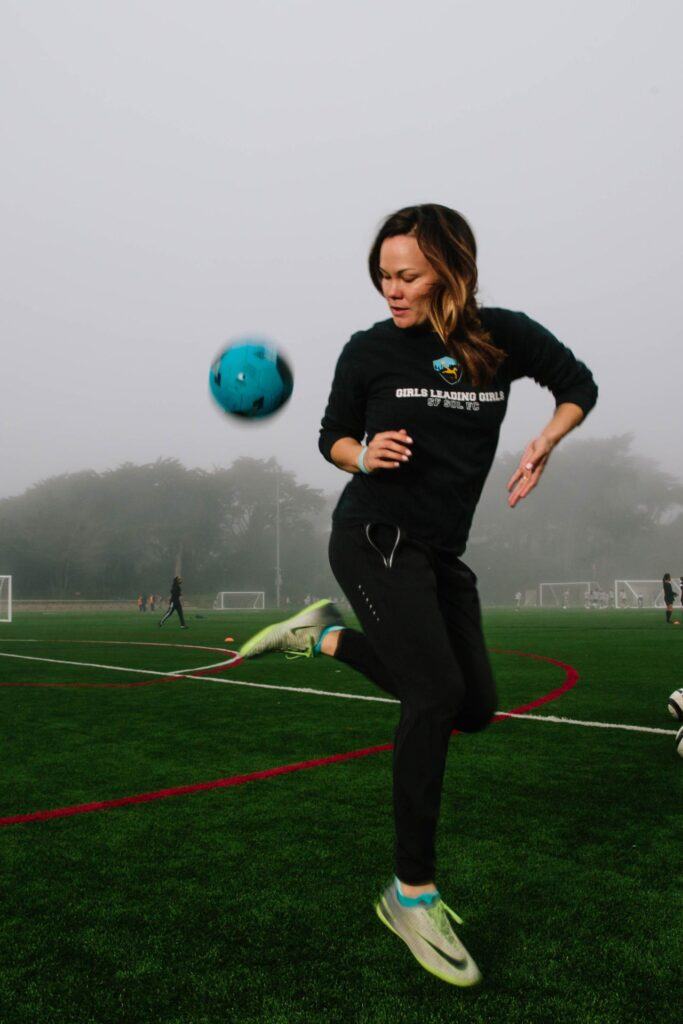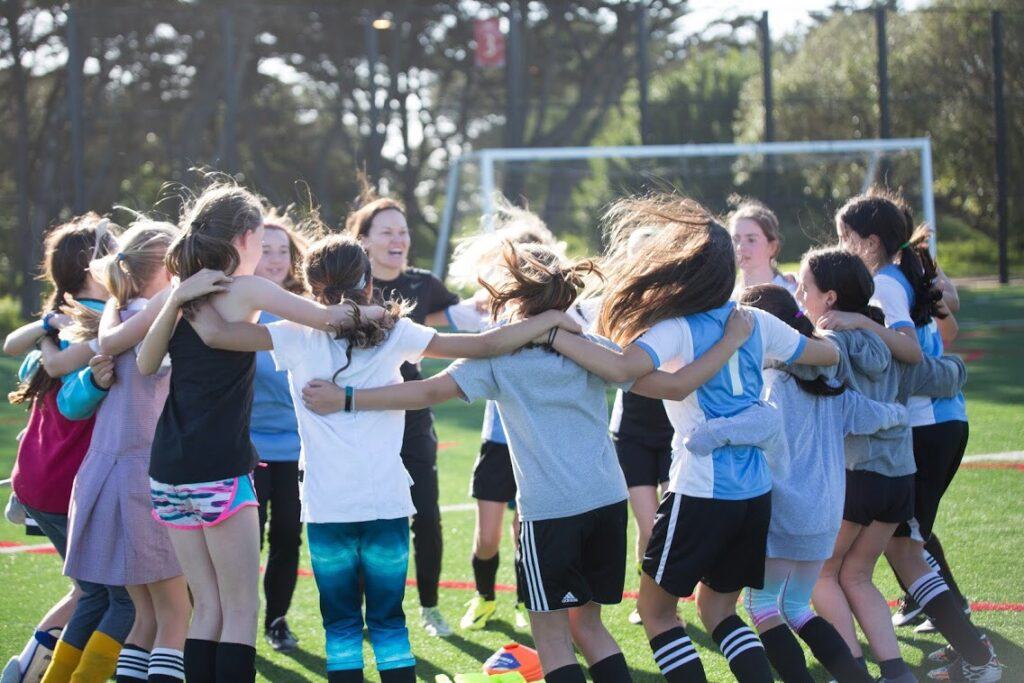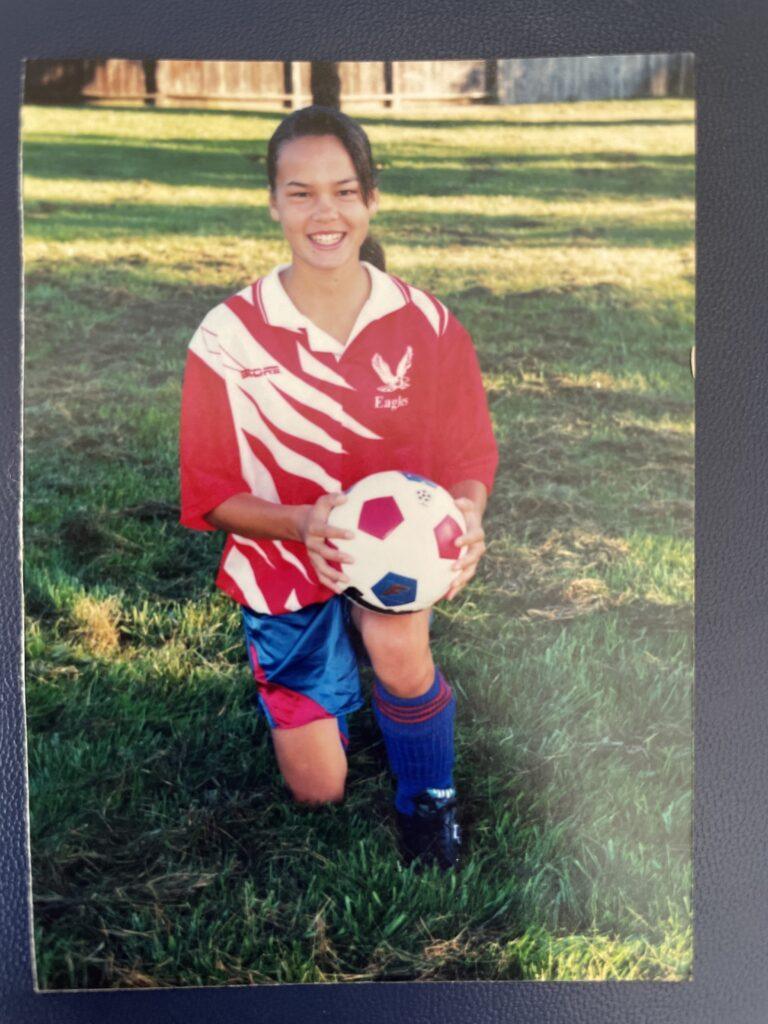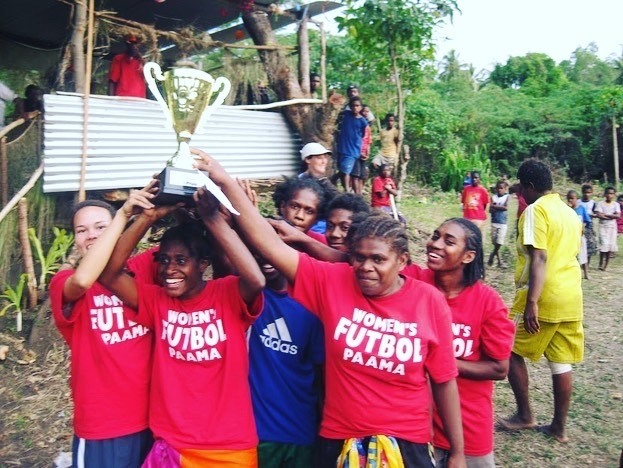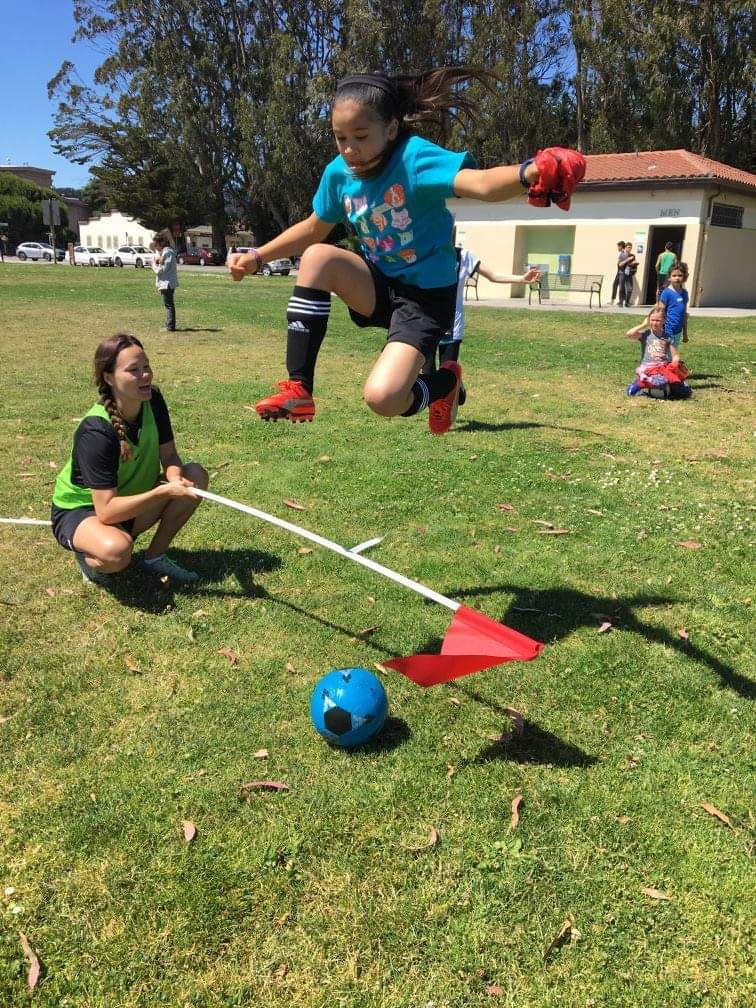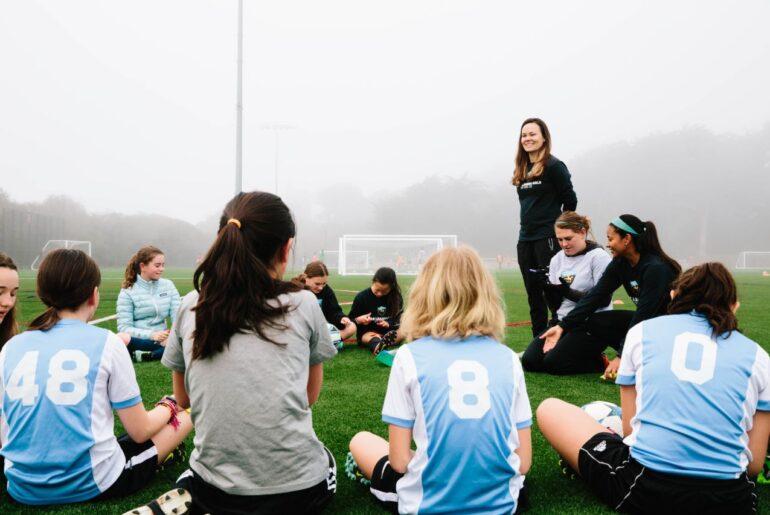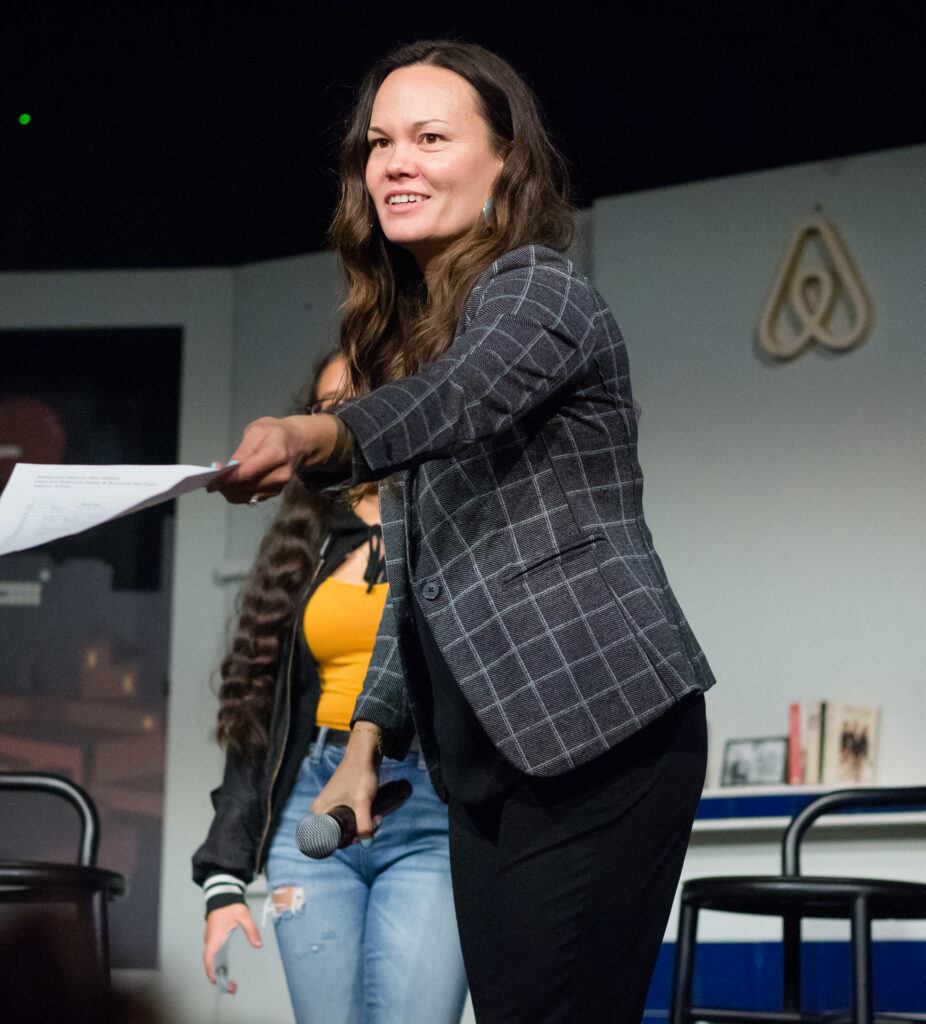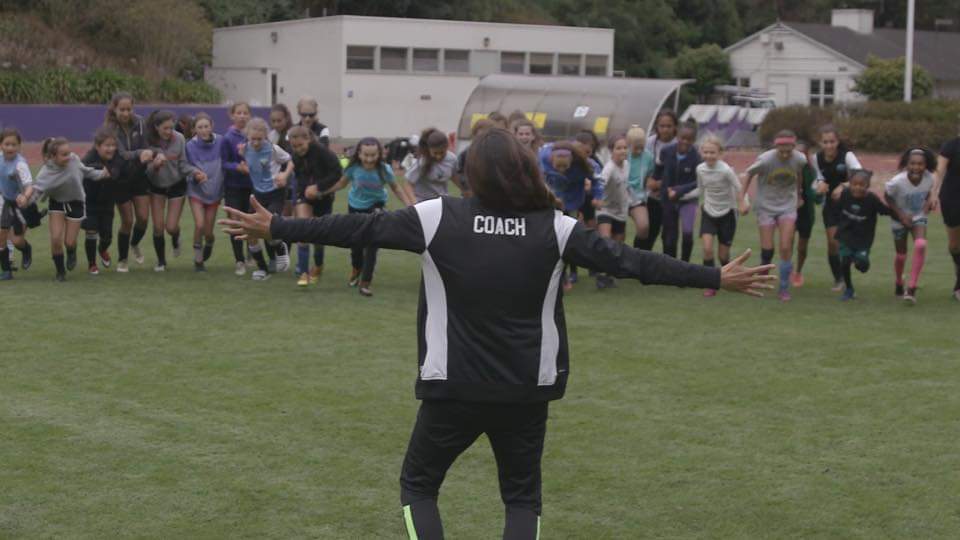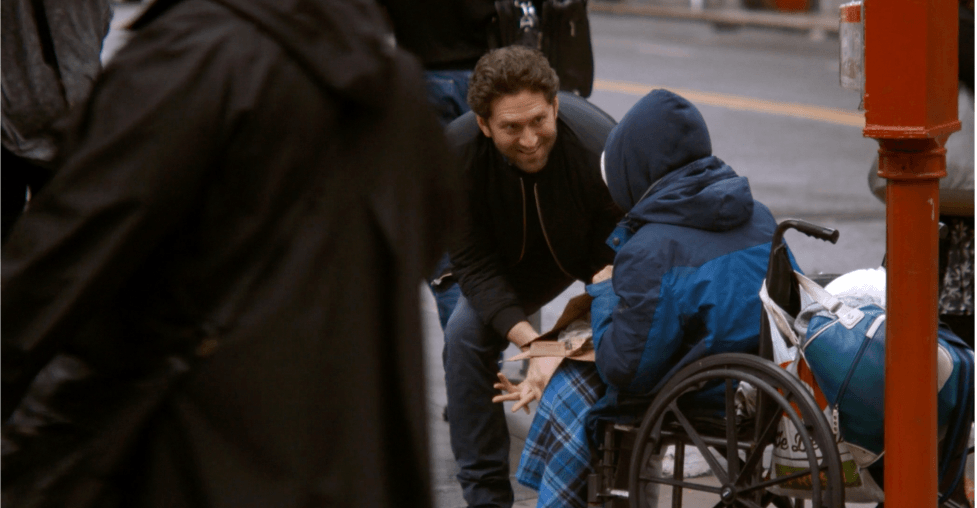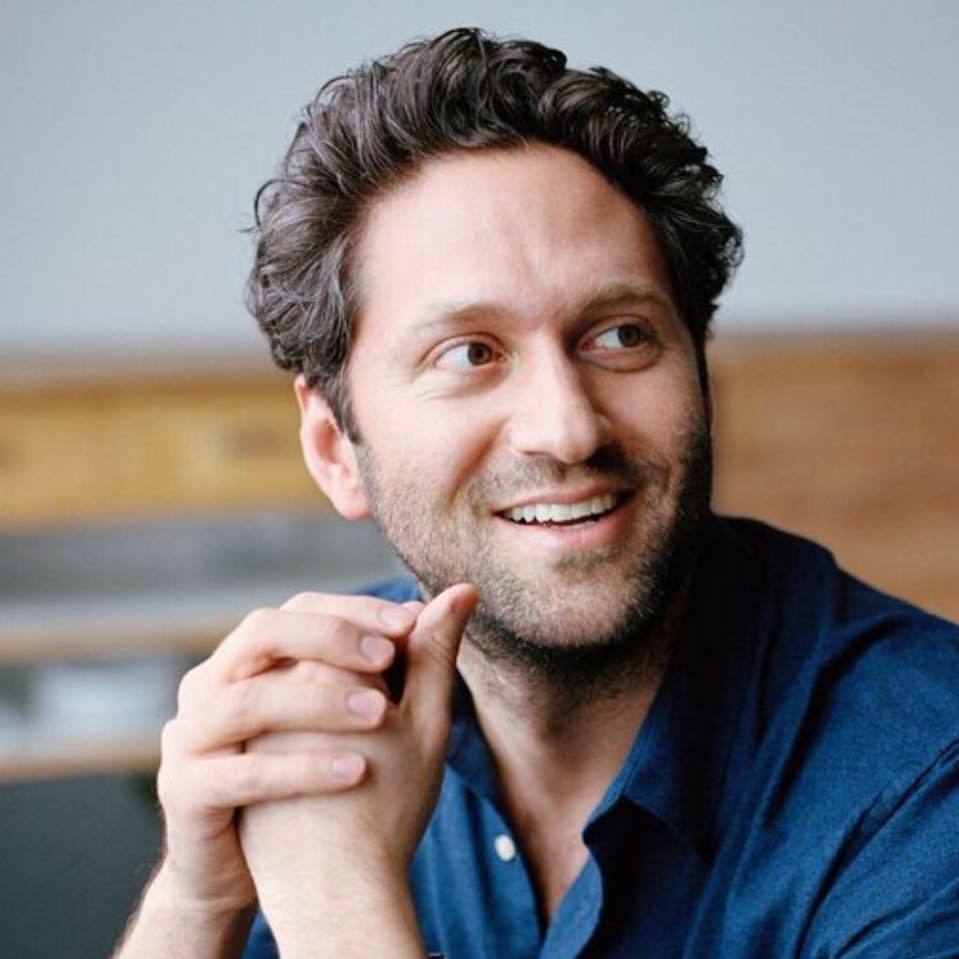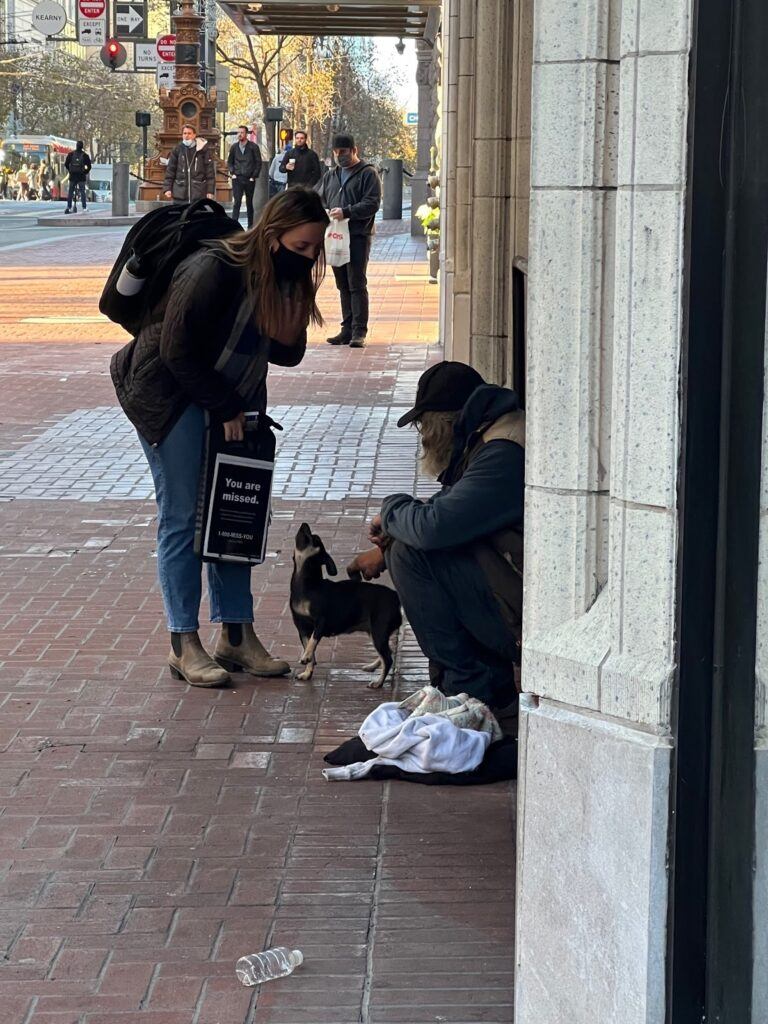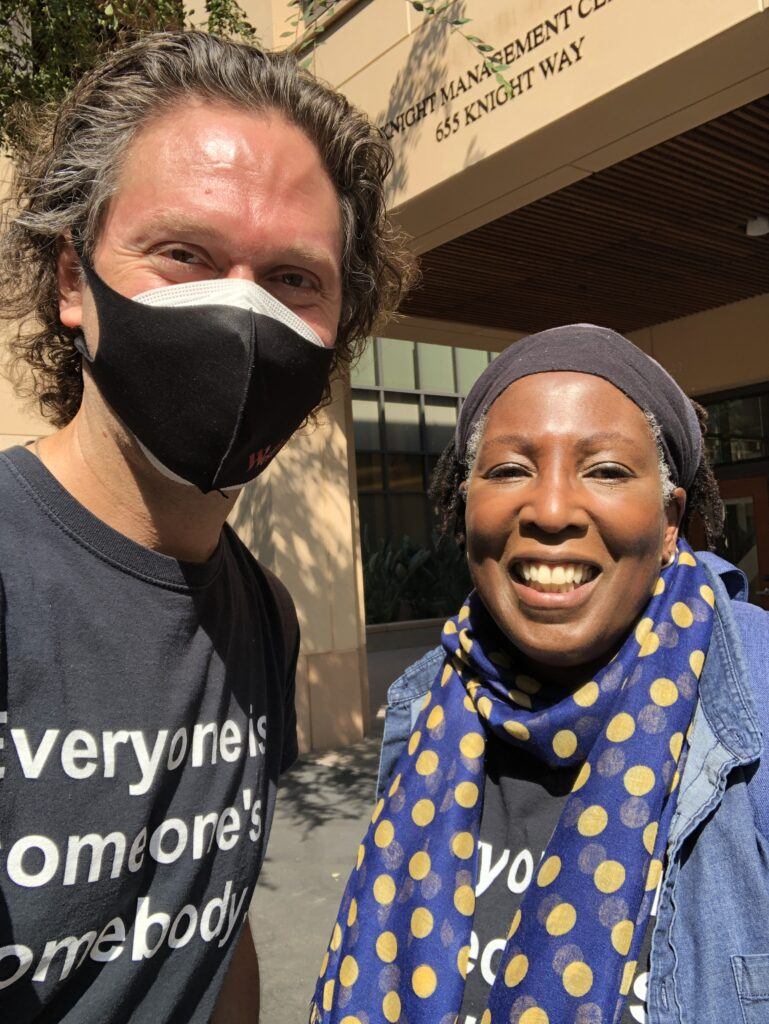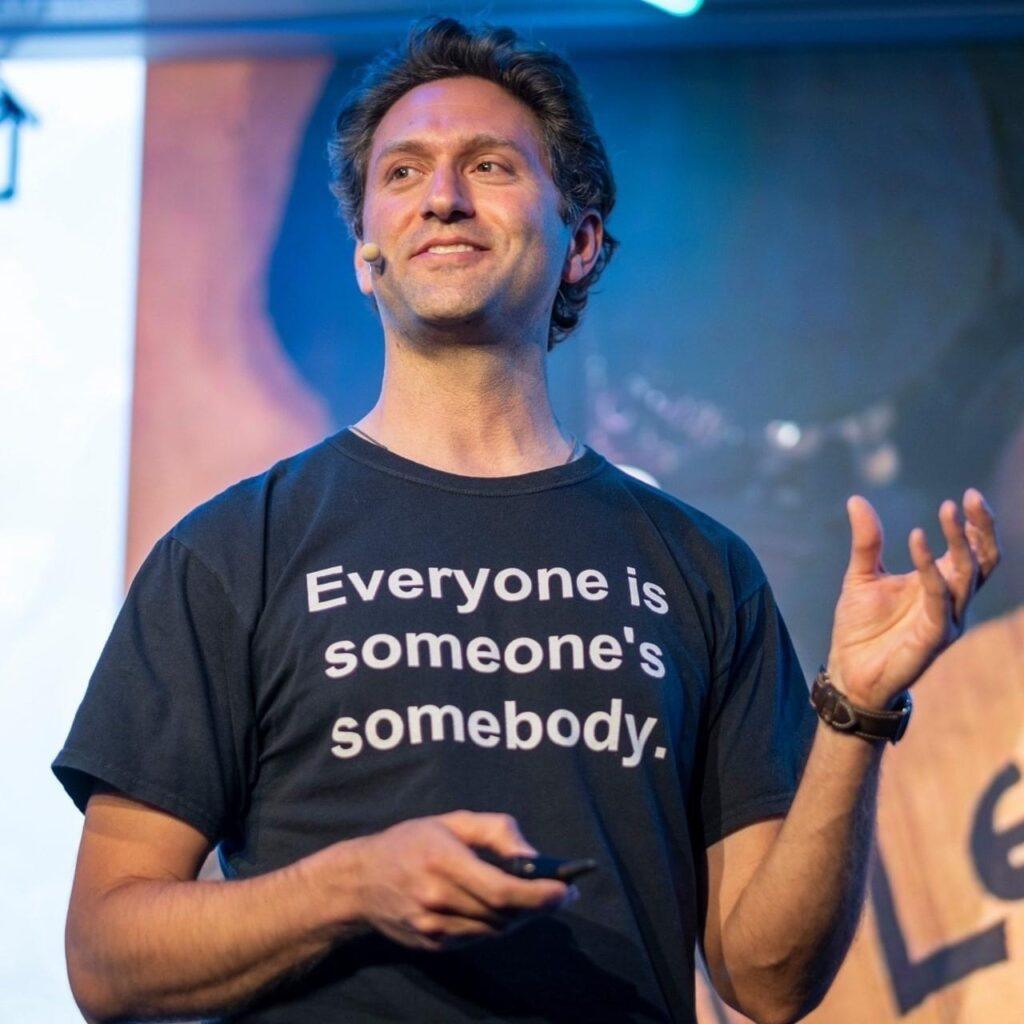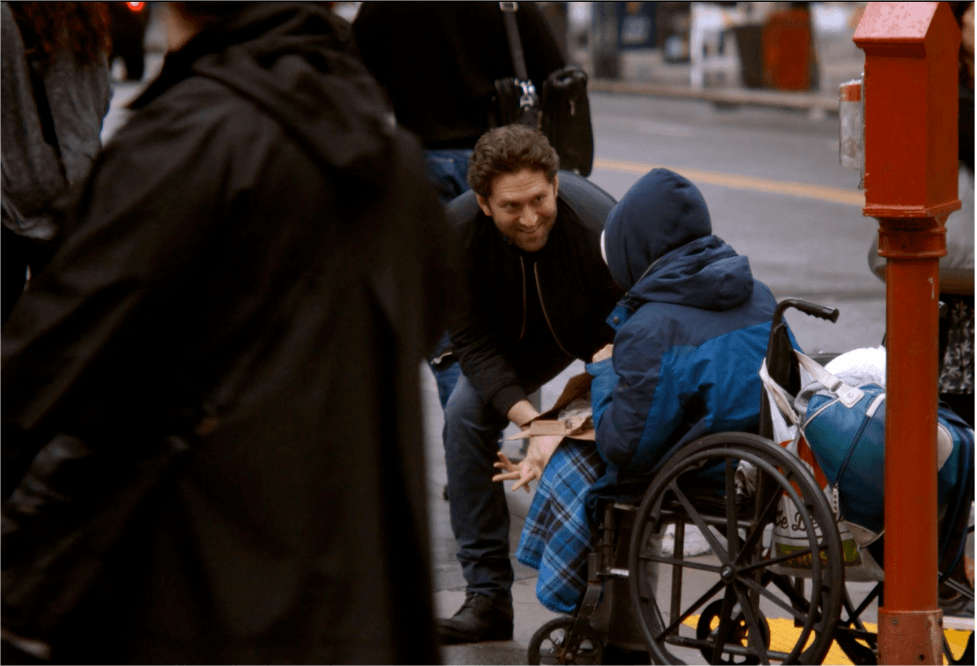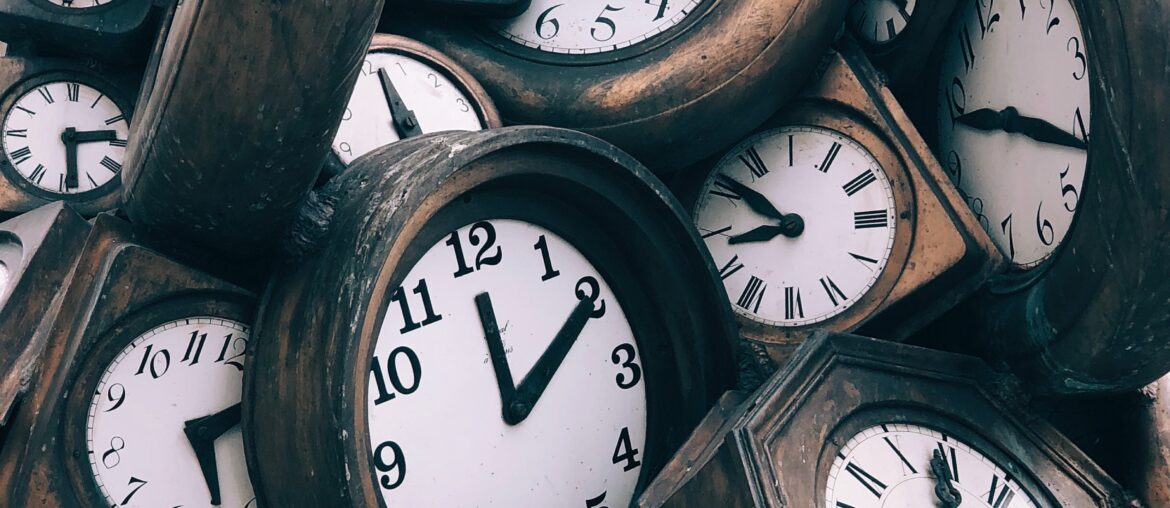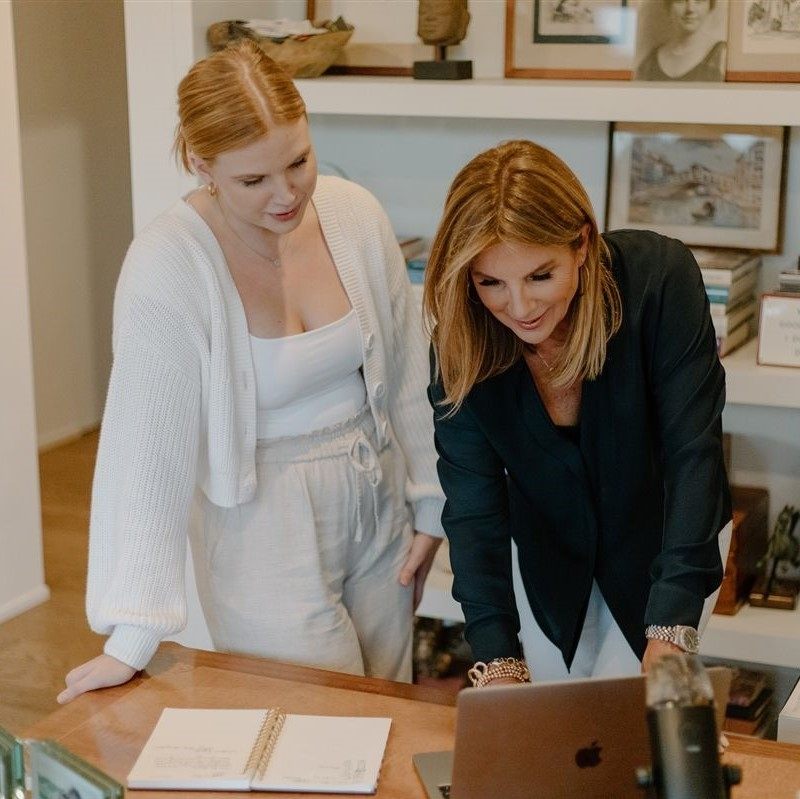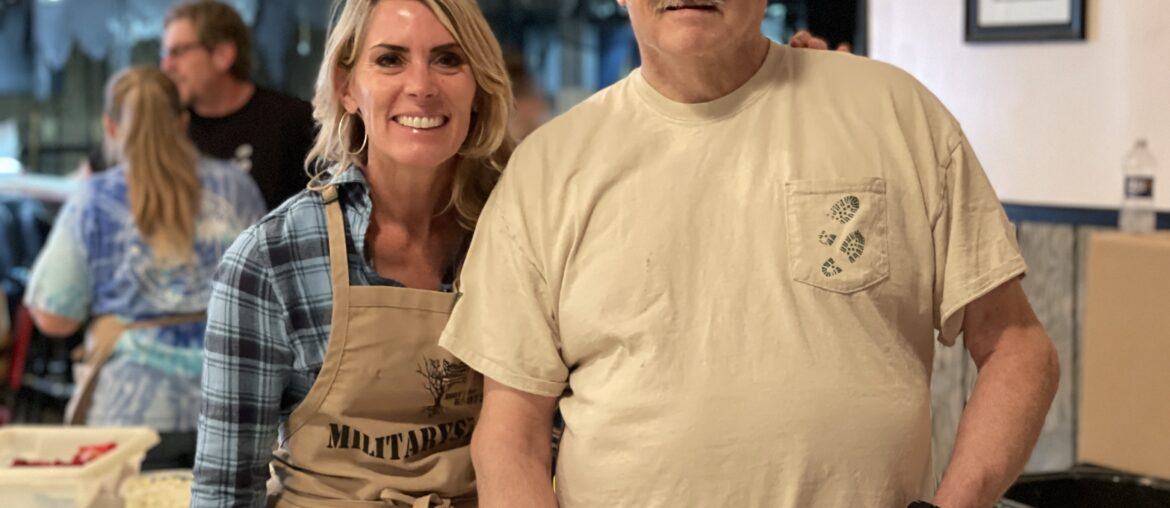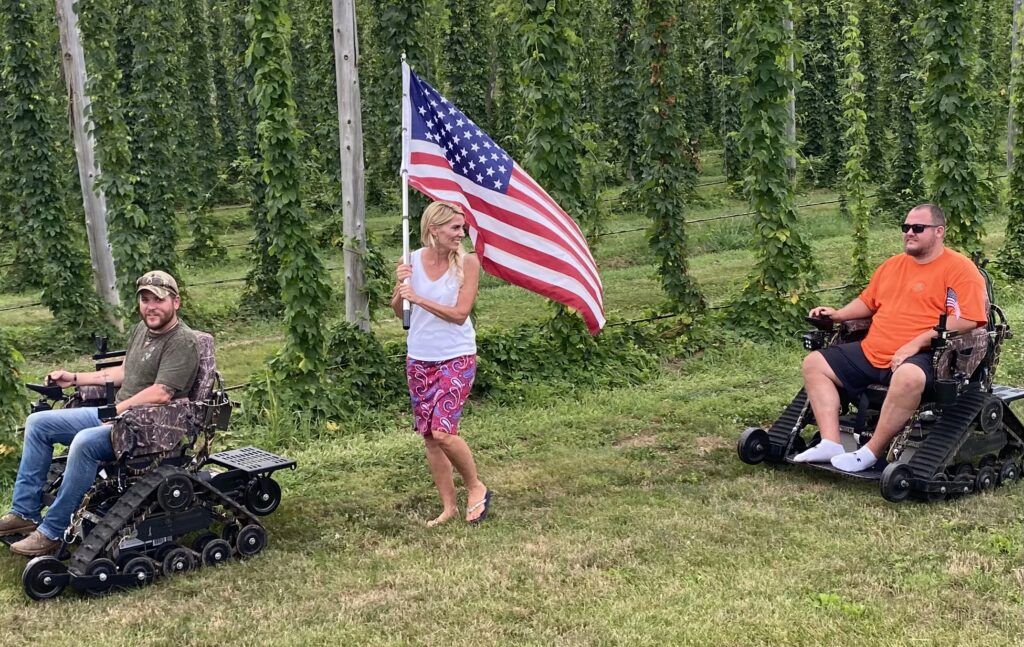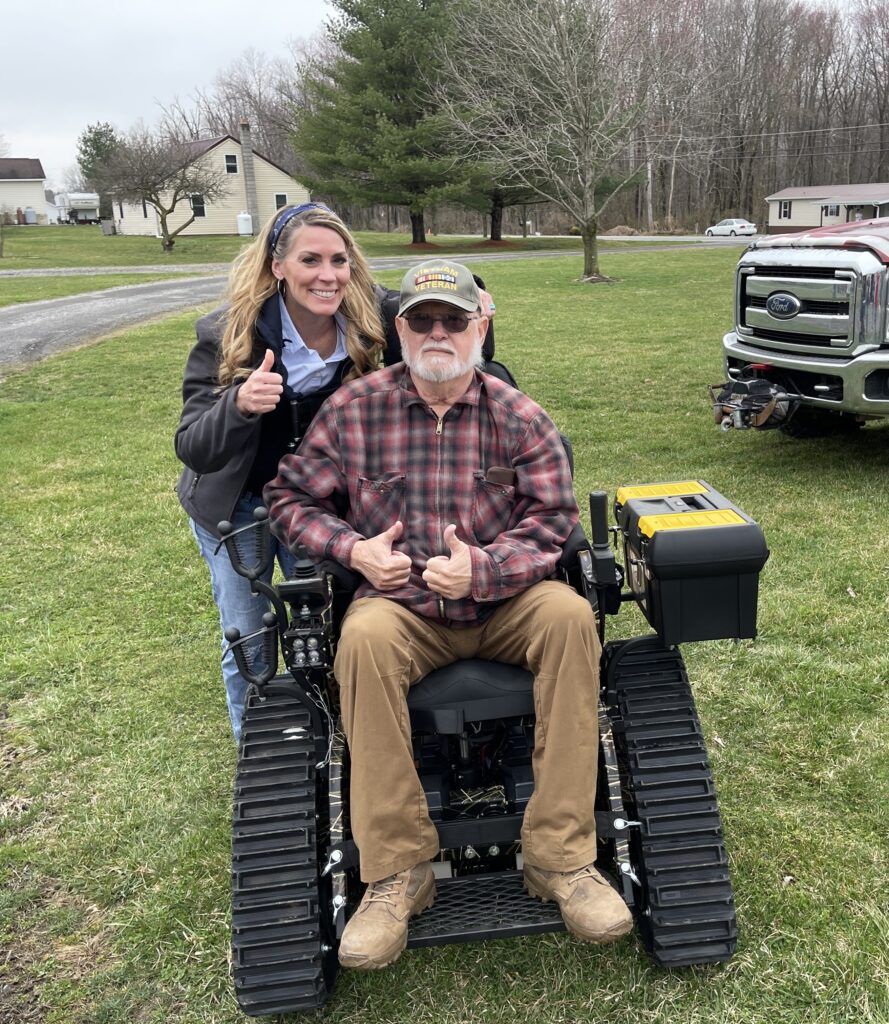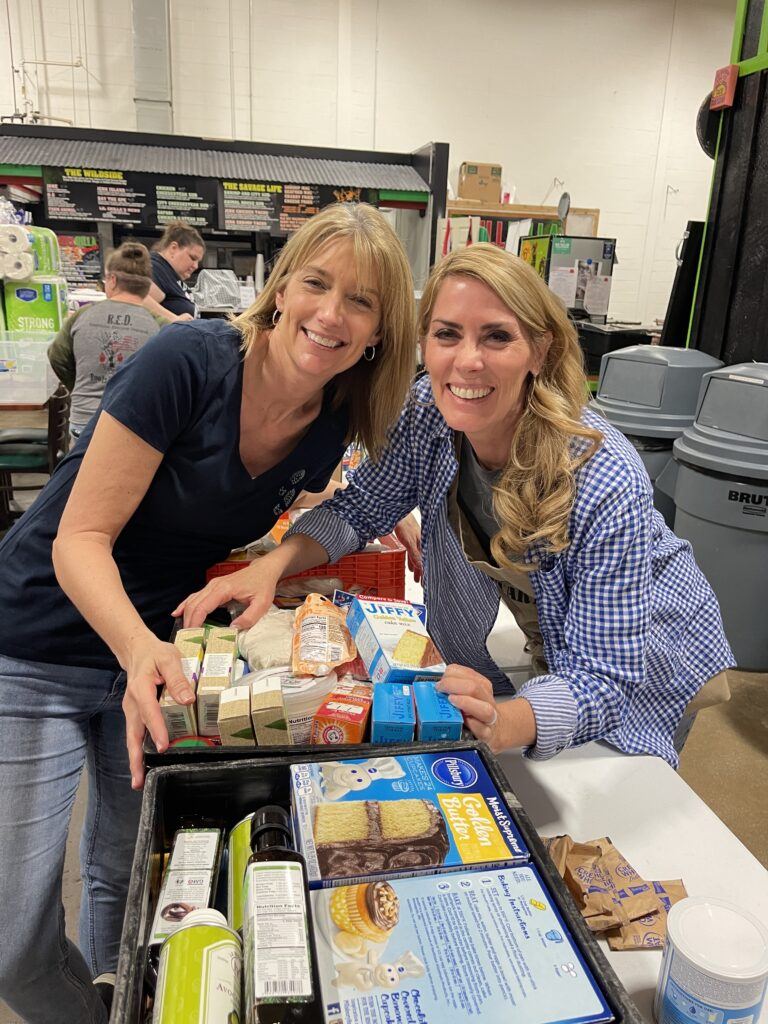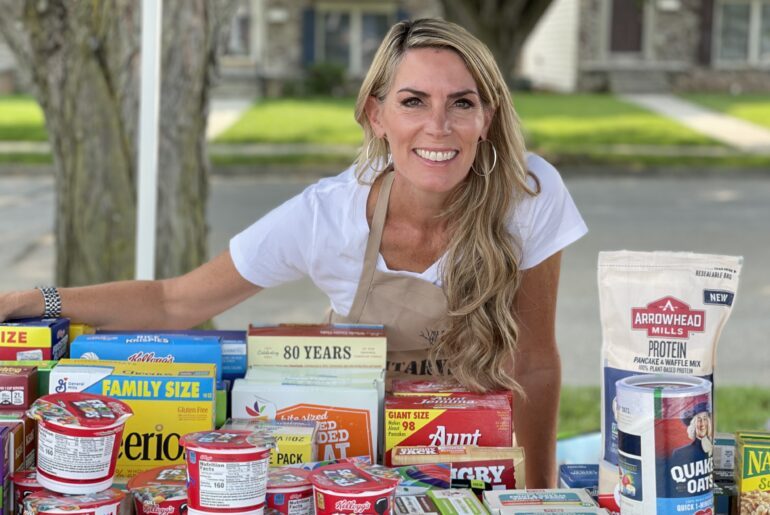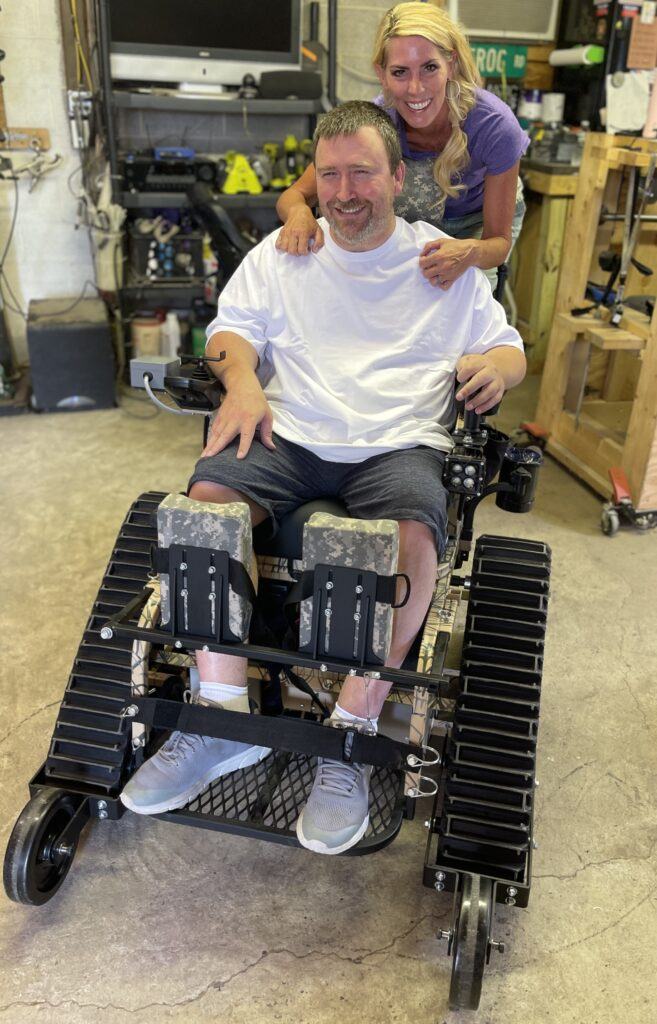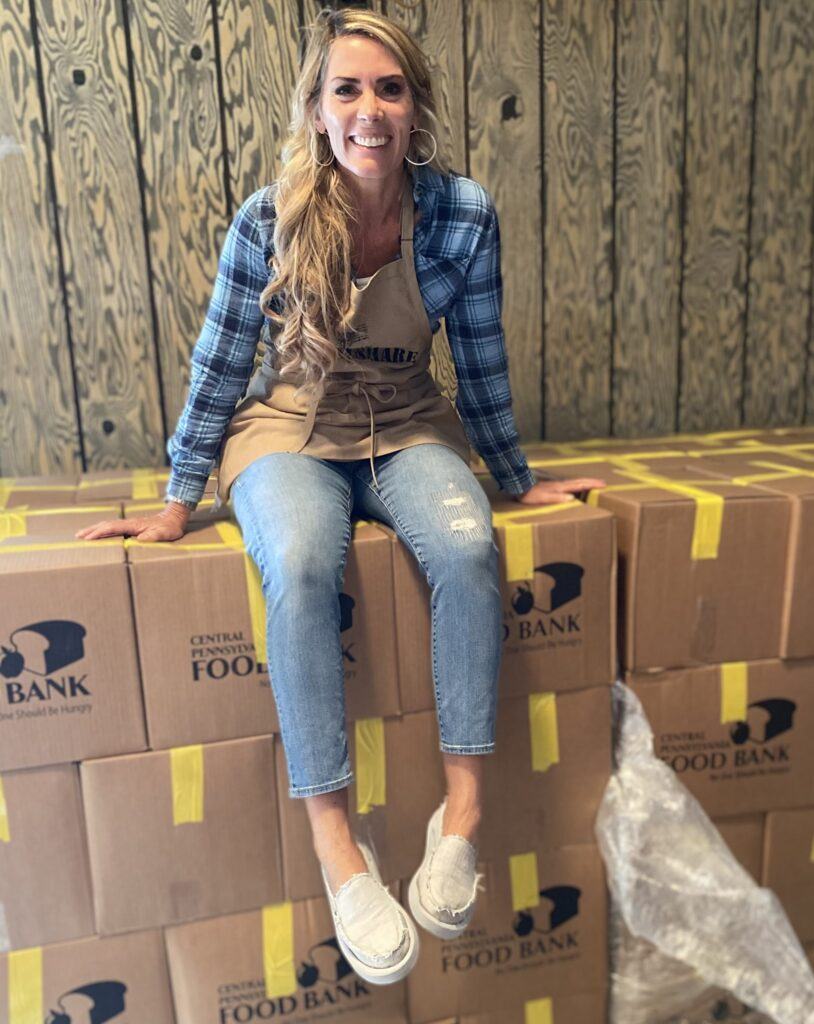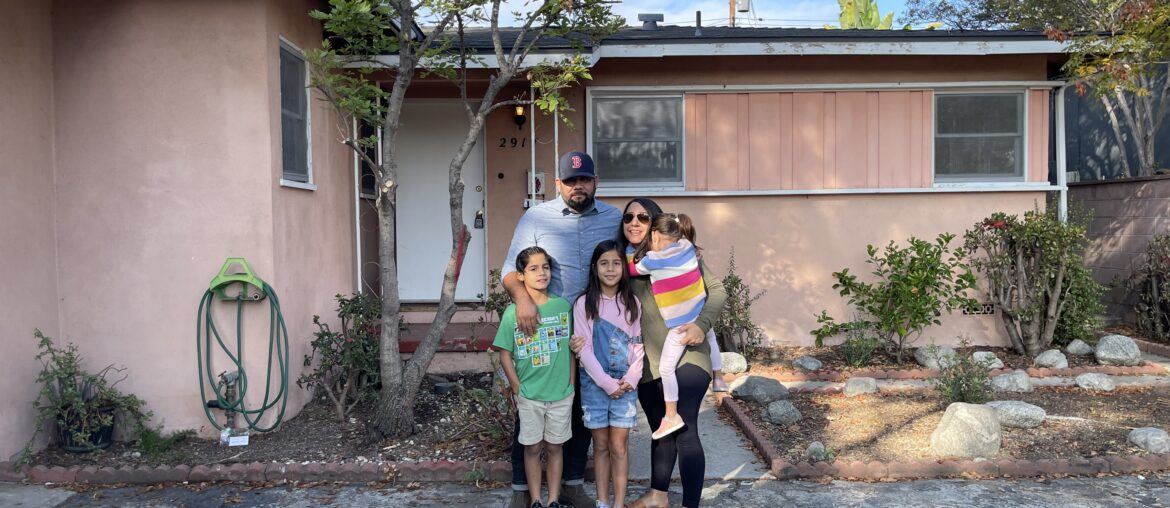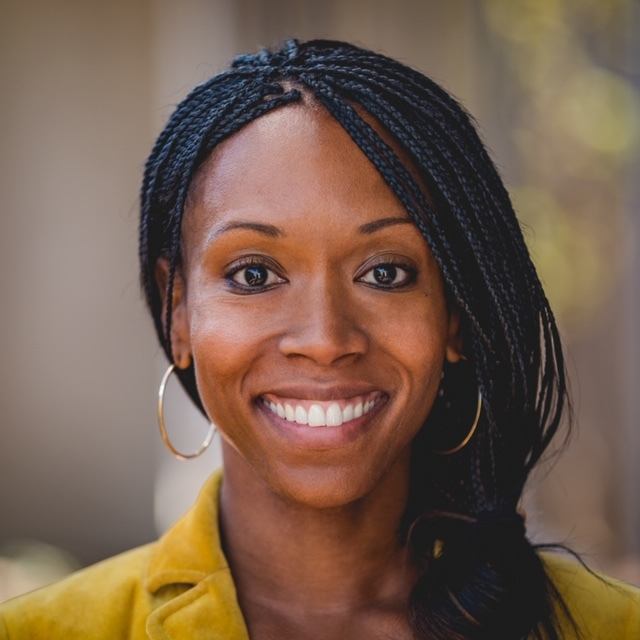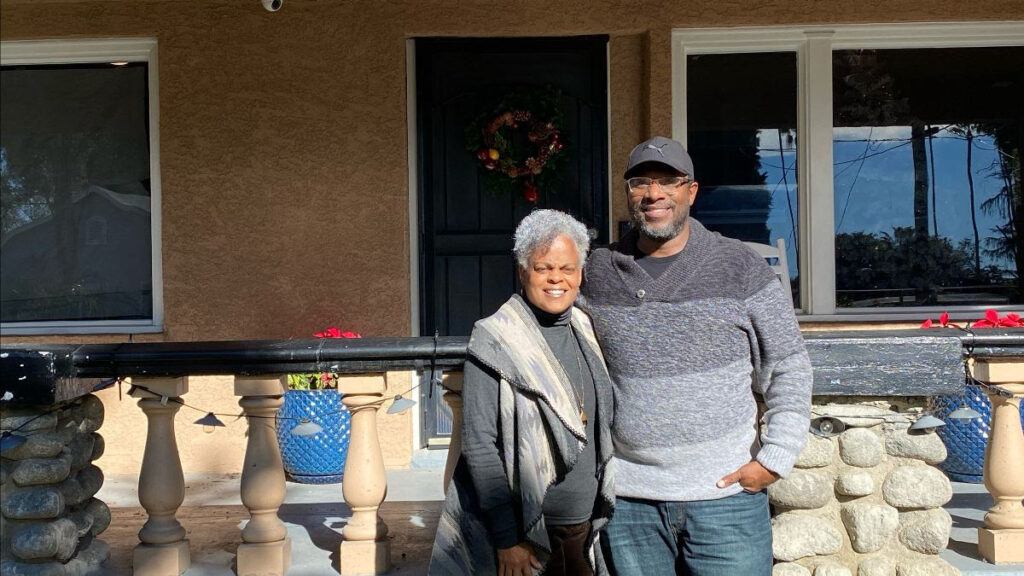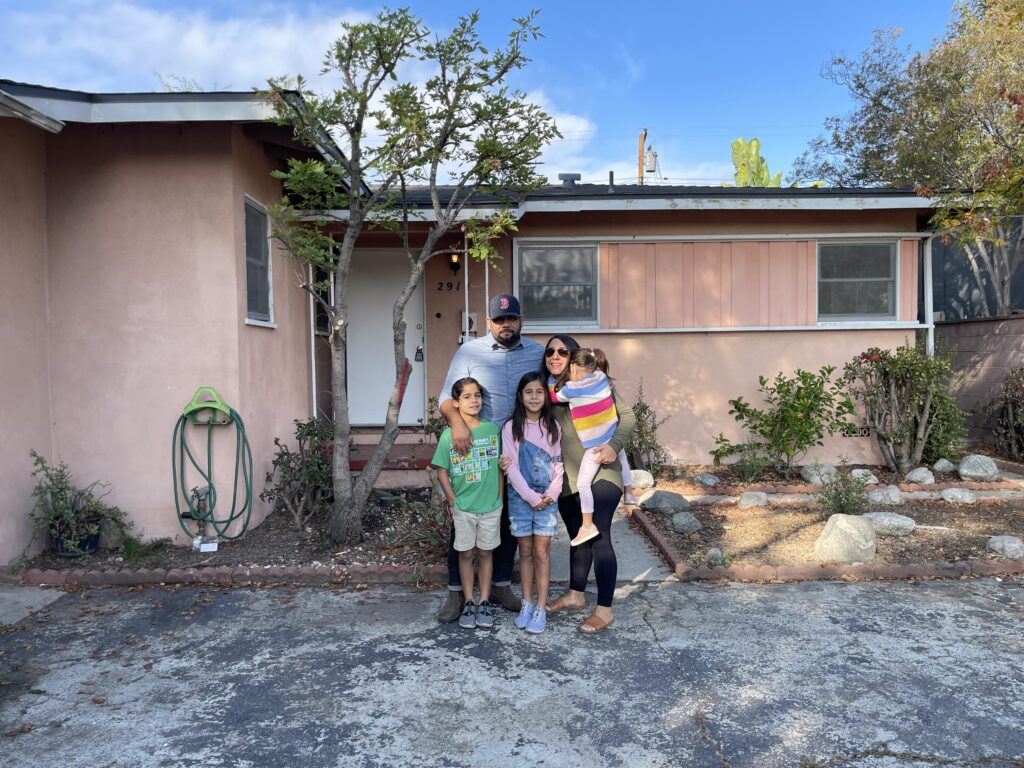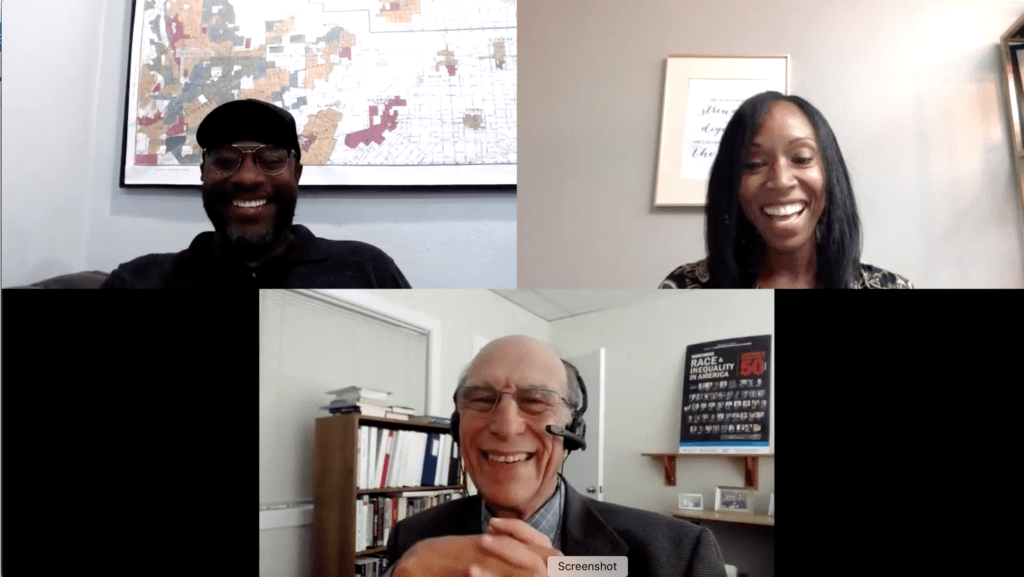
When you think about hunger and homelessness the first thing that pops into your mind is rarely a restaurant. Instead you probably visualize tents, soup kitchens and a host of images. Today’s guest, Maggie Kane has created an amazing community and a wonderfully unexpected solution for homelessness. Her nonprofit, A Place at the Table, provides community and good food regardless of means. Her delicious Raleigh, North Carolina cafe is a cozy, warm, friendly cafe with great food and everyone is welcome.
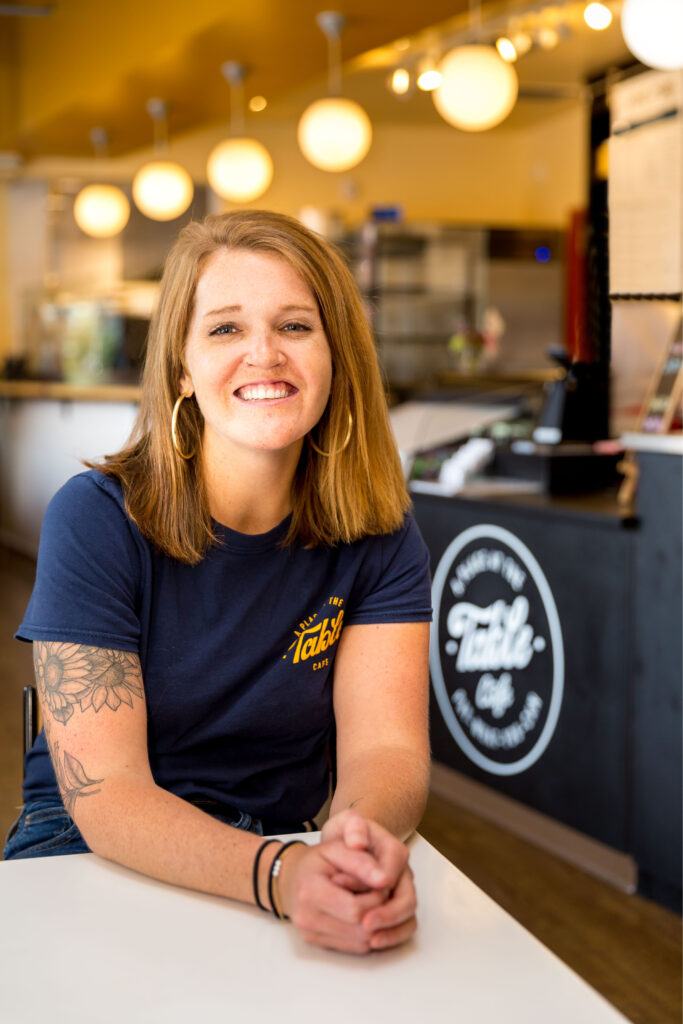
Join us for a fun, high energy and inspirational conversation about food, community, hunger and the unhoused. Maggie’s warmth, passion for making a difference and southern hospitality will make your day! So join us for A Place at the Table.

Here are a few highlights from our conversation:
Charity Matters: Tell us a little about what A Place at the Table does?
Maggie Kane: It’s the best place and I really just feel so fortunate to work there every day. A Place at the Table is in Raleigh, where I grew up. So I am also biased to how great Raleigh is. We are a Pay What You Can restaurant. So let that sink in for a minute. There’s not many of us around the country. What that means is we look and feel like any other restaurant that you might go to every single day with your friends and your family or by yourself.
But what makes us different is that you pay what you can and all of our prices are suggested. So you can choose to pay the suggested price or you can choose to pay more and pay it forward for someone else who can’t afford their meal. You can pay less, because we know some weeks are harder than others and all you can do is afford less. Or you can also pay by volunteering with us. When you walk in, you feel like you’re in that regular restaurant I was talking about. You would not know that anything’s different until you get up to the register.
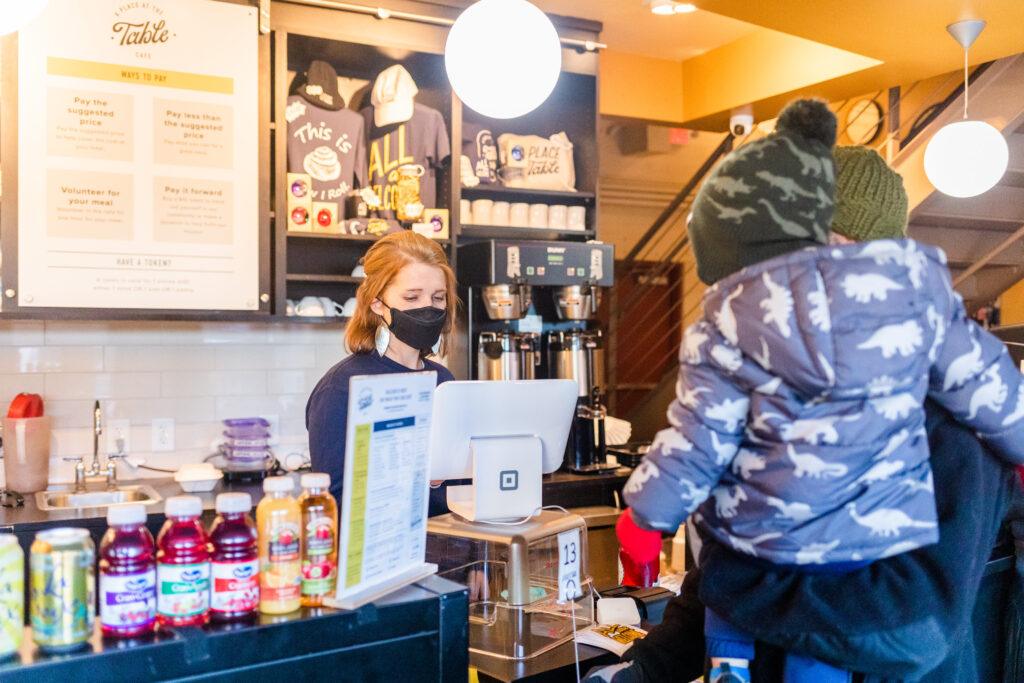
A Place at the Table smells delicious with bacon, coffee and cinnamon rolls. Its warm and beautiful and has great music. You feel like you’re in this regular Cafe but then you get up to the register. That is when you get to make that choice of how you pay. Our mission is community and good food for all regardless of means. The main reason we do this is to build community. We use that suggested pricing of bringing all people together no matter who you are.
Charity Matters: What was the moment you knew you needed to act and start a Place at the Table?
Maggie Kane: I’m so fortunate, I have the best job in the world. I’ve the best team in the world. This is a whole community wide effort with a twenty person staff and thousands of volunteers that make this happen. I grew up in Raleigh and kind of always thought I would leave. I ended up going to North Carolina State University, which is in Raleigh, and it was awesome. While I was in school, I was a part of a club where I heard this speaker come in as a speaker that ran a day shelter.
A day shelter is a place where folks experiencing homelessness folks who sleep outside can come in the day. I heard the speaker talking about it and I was immediately intrigued. I went to visit and I ended up staying there every single day, working the front desk, chatting with people, and getting to know people who slept outside.
When I graduated college, I ran the day shelter and I got to know so many more folks on the street. I truly mean they’re my friends. I always thought, what do you do with your friends? You eat with them or you get coffee you get to drink. Food is that tool to bring people together. So I worked with folks on the street and we would eat at the soup kitchen. Raleigh has an amazing soup kitchen that feeds 300 people in an hour. It was in that moment, where I’d be eating with them and I thought wow, this is so different than my life experience. I can go and eat wherever I want.
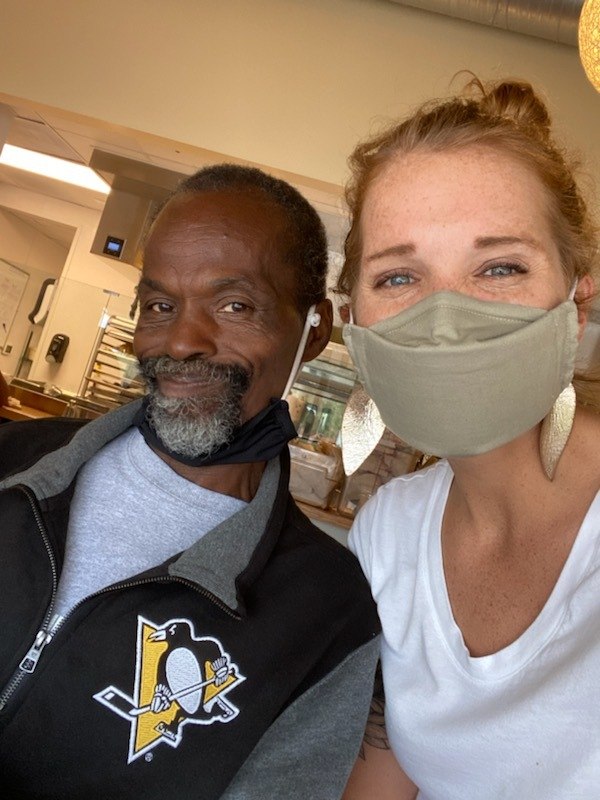
I just thought we should go out for other meals and celebrate birthdays, anniversaries and really just spend that time together. My friend John changed my life forever, when he picked a restaurant called Golden Corral. When I asked him why he picked it he said,” There are two reasons. I have choice. I get to choose if I want to order a steak or if I want to salad or if I want to waffle. Living in poverty and living on the streets people make every choice for me from what I eat to where I sleep. Second is I feel seen and heard here. Living on the streets people literally step over me they treat me as invisible and here I have value. People greet me at the door.”
That got me thinking, how do we create a place where everyone can come together? Where we can build that community? I started researching and I found the pay what you can model. There are over 15 Other Pay What You Can cafes across the country. I started chatting with some of these other cafes, and said,” You know if other places can do this, then Raleigh can too.”
Charity Matters: What are your biggest challenges?
Maggie Kane: First and foremost, anyone working for nonprofits or working for restaurants, you’re saints. I commend you because it is just hard work. It is not for the faint of heart. The long hours, there’s always something that happens and you’re always short staffed. Running a restaurant in general is difficult.
In the early stages, we couldn’t find a space. So no one would rent to us because we were a wacky idea that you no one really understood. We started asking how can we educate this community around poverty and homelessness? I remember, the kindest real estate agent worked with us for four years before the space and I remember him calling places and landlords actually saying, “No, we don’t want those homeless people there.”
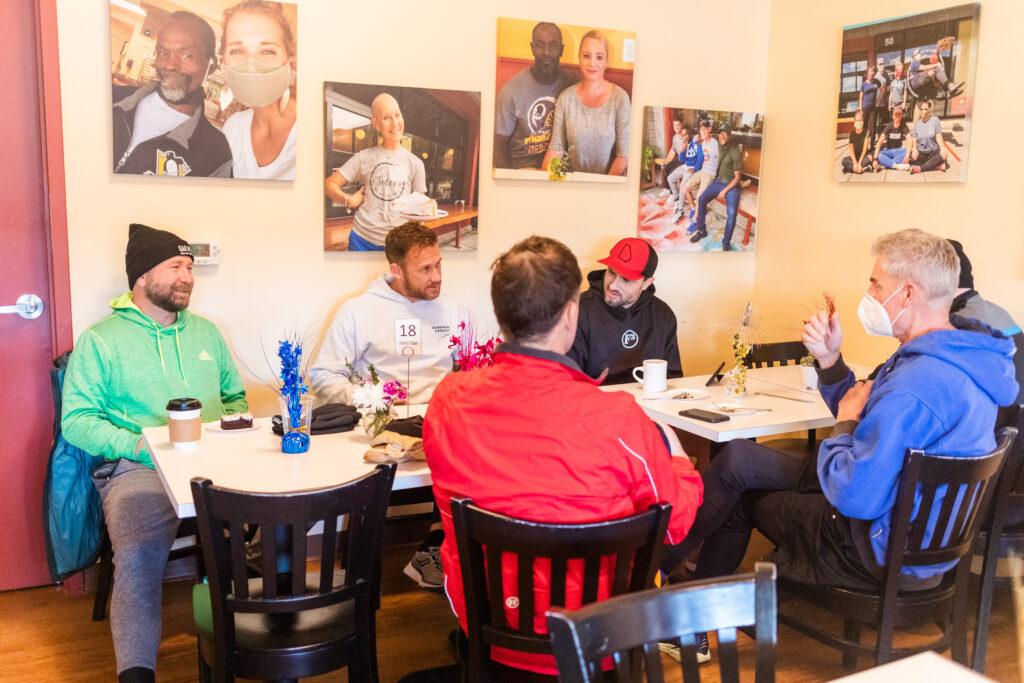
It’s like how do you raise money? But also how do you get a space when this concept is so foreign? I know all my financial people out there are thinking, how does this work? Fifty percent of our customers pay the suggested prices, or more 50% of our customers pay less or volunteer for their meal. So we have to fundraise a lot of money on the outside. But that’s a whole nother concept, and story, but 50% of our diners pay and pay more. And, and that is important.
Charity Matters: What fuels you to keep doing this work?
Maggie Kane: The answer to everything in life in my life is good people. Every moment I meet someone new, who reminds me of why I am doing this. People who encouraged me, cheered me on and sat with me while I cried and cried and said, “I’m not sure how I am ever going to make this work.” You know, how many people told me that this was never going to happen? Most people really think they just thought I was crazy.
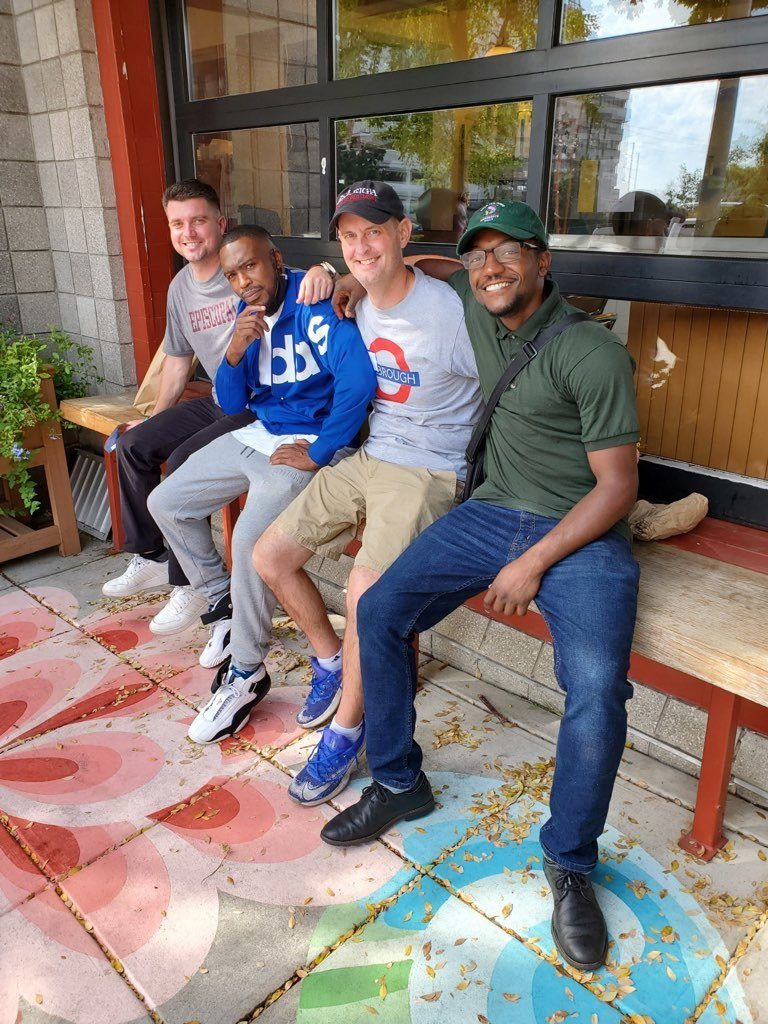 They all encouraged me and said this a fantastic job and this is what the community needs. So, I definitely think people people is one. And then I think also, it’s people who aren’t going to eat tomorrow. It was knowing their stories, sitting with them, hearing him. It’s those relationships. I feel like I’m the luckiest person, I said this before but I have the best job.
They all encouraged me and said this a fantastic job and this is what the community needs. So, I definitely think people people is one. And then I think also, it’s people who aren’t going to eat tomorrow. It was knowing their stories, sitting with them, hearing him. It’s those relationships. I feel like I’m the luckiest person, I said this before but I have the best job.
Charity Matters: Tell us what success you have had and what your impact has been?
Maggie Kane: It’s the power of relationships is the story we tell. I definitely think numbers are important. We feed a lot of people at A Place at the Table, anywhere from 100 to 150 people every single day. We see new people coming in the door every single day learning about what we’re doing, getting a meal, paying what they can. So I definitely think that’s important. But I also think that the community we are building, with relationships of people who really feel present and welcome. Then I think the third thing is by telling the story of our staff. I truly would believe that we should all be paying our staff above a living wage and making sure that they are treated well.
Charity Matters: If you could dream any dream for your organization, what would that be?
Maggie Kane: We opened in 2018 operating this tiny cafe and we fed maybe 50 to 70 people a day. At the time, we thought we were killing it. Then the pandemic hits and we go to doing some 50 people a day from this tiny cafe, to doubling in size. Very fortunate to expand our whole space and get more space, and serving 400 people a day, a free meal. Wow, it was wild!
Now we’re sitting at about 100 to 150. As nonprofits, you have to start realizing are you actually doing you’re supposed to be doing? So we pause for three weeks, we expanded our space and we reopened getting back to our original mission of community and good food. Now that we got through the pandemic, we’re starting to dream which is really, really exciting.
So my dream is really to see Pay What You Can cafes across the country everywhere. And we feel lucky to have such a support here in Raleigh and figured out how a Pay What You Can restaurants can work in a busy downtown setting. So we want to help other people open
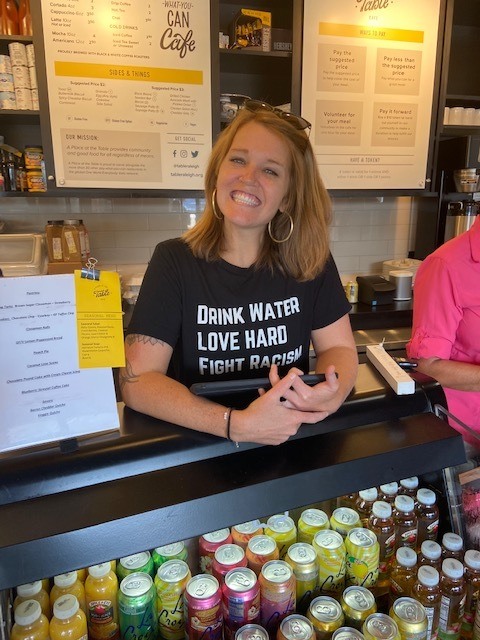
Charity Matters: What life lessons have you learned from this experience?
Maggie Kane: So many things! I’ll start with people are everything! Relationships are every thing! I always tell people, lean on people around you for help, people want to help you. People are powerful, and it’s better when you’re in relationships with people. Life is better when you belong and you make people feel like they belong.
People want to help people want to feel a part of something. So do not be afraid to ask. I think the third thing is to celebrate everything! I learned very early on to celebrate that first $5 donation check. From then on, celebrating every little moment. Just celebrating every little part of the journey because it’s it’s more fun that way. And it just it’s short. We only have so much time here.
Charity Matters: How has this journey changed you?
Maggie Kane: I definitely still feel the same way I did 10 years ago when I had no idea what I was doing. And I was thinking, there are people going to figure out that I have no idea what I’m doing. But I have definitely grown in and just felt more confident in this work and just felt more love in this work than I’ve ever felt. Now I truly 100% know my purpose in life and, and I will continue to do that doing that until the day I die.
CHARITY MATTERS.
New episodes are released every Wednesday! If you enjoyed today’s episode, please connect with us:
YOUR REFERRAL IS THE GREATEST COMPLIMENT, IF YOU ARE SO MOVED OR INSPIRED, WE WOULD LOVE YOU TO SHARE AND INSPIRE ANOTHER.
Copyright © 2022 Charity Matters. This article may not be reproduced without explicit written permission; if you are not reading this in your newsreader, the site you are viewing is illegally infringing our copyright. We would be grateful if you contact us.
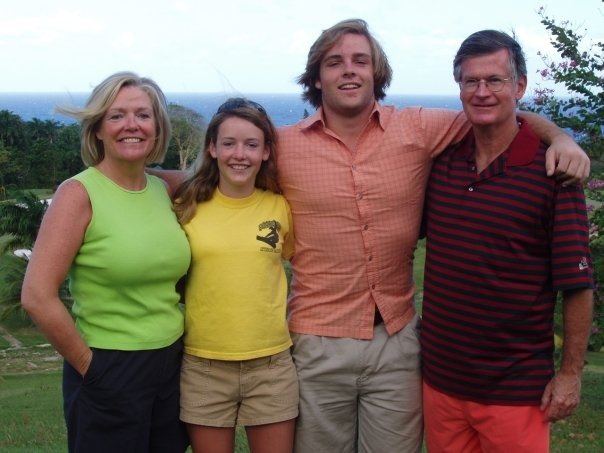
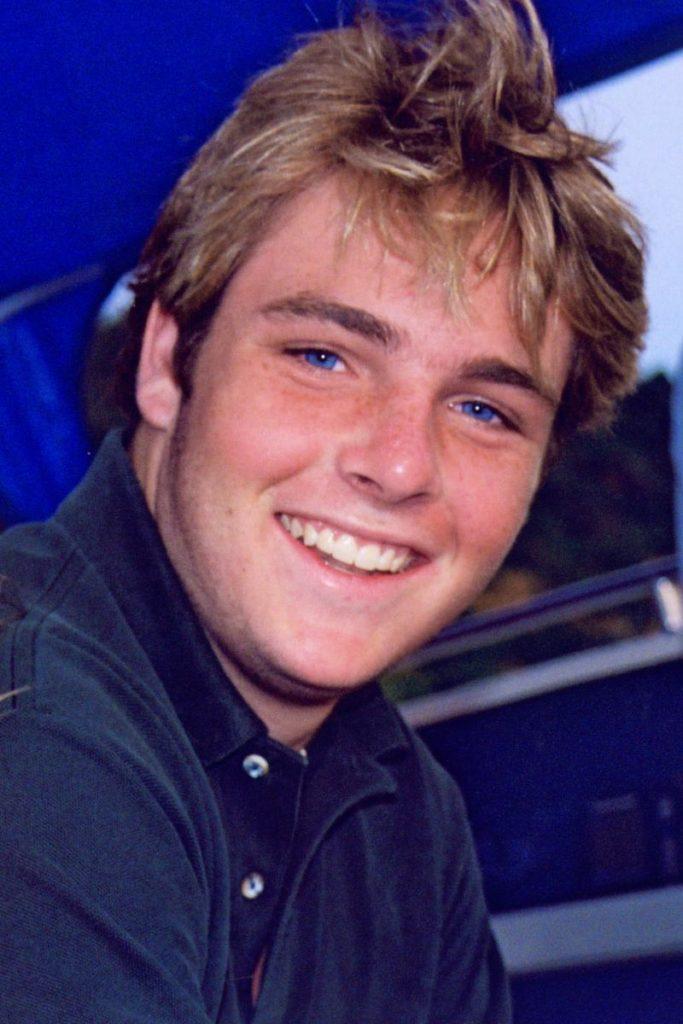

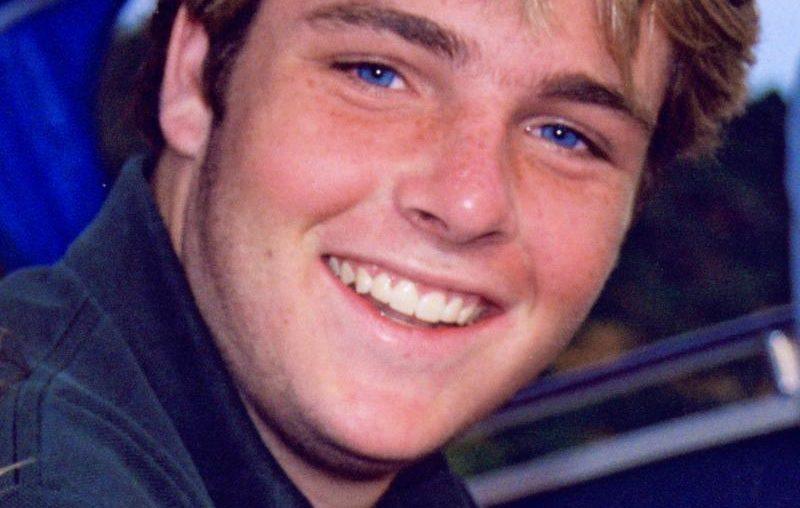

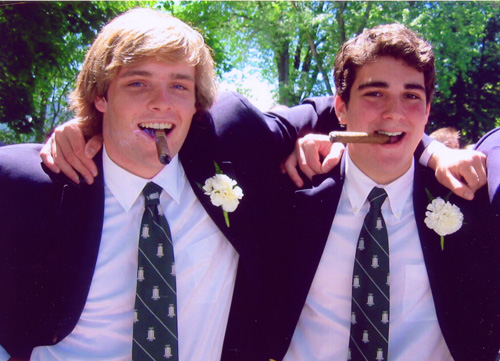
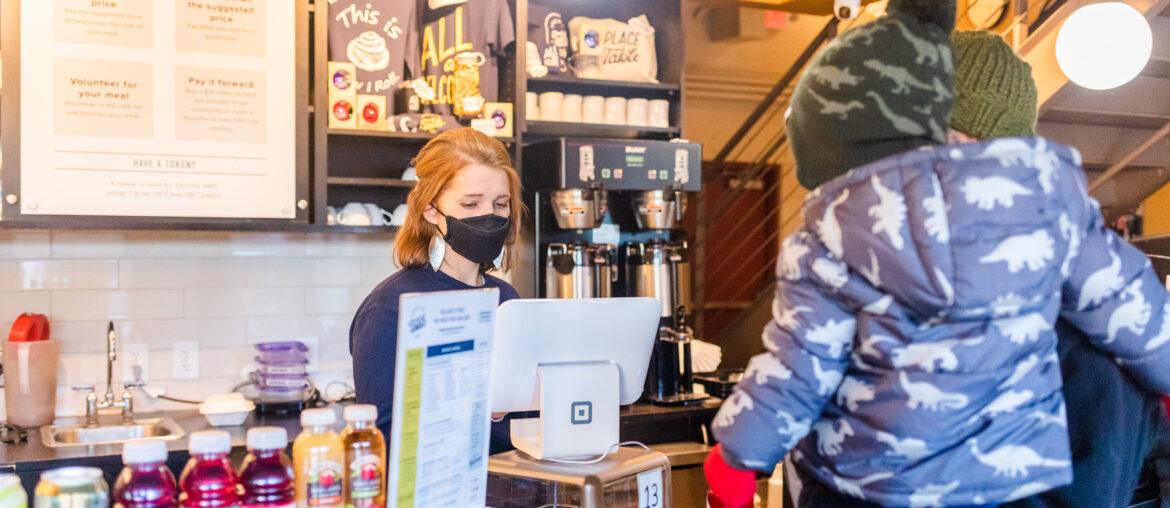






 They all encouraged me and said this a fantastic job and this is what the community needs. So, I definitely think people people is one. And then I think also, it’s people who aren’t going to eat tomorrow. It was knowing their stories, sitting with them, hearing him. It’s those relationships. I feel like I’m the luckiest person, I said this before but I have the best job.
They all encouraged me and said this a fantastic job and this is what the community needs. So, I definitely think people people is one. And then I think also, it’s people who aren’t going to eat tomorrow. It was knowing their stories, sitting with them, hearing him. It’s those relationships. I feel like I’m the luckiest person, I said this before but I have the best job. 


